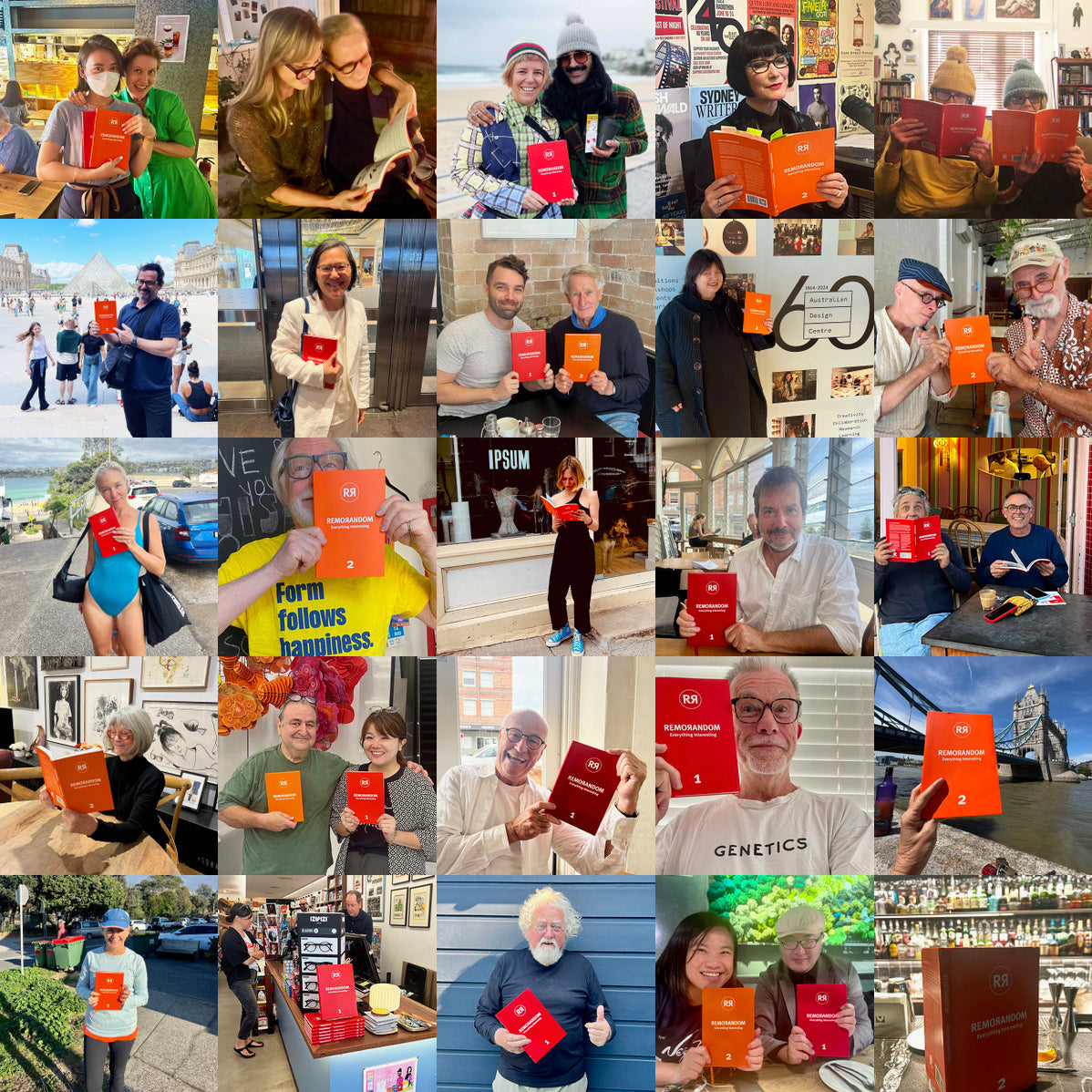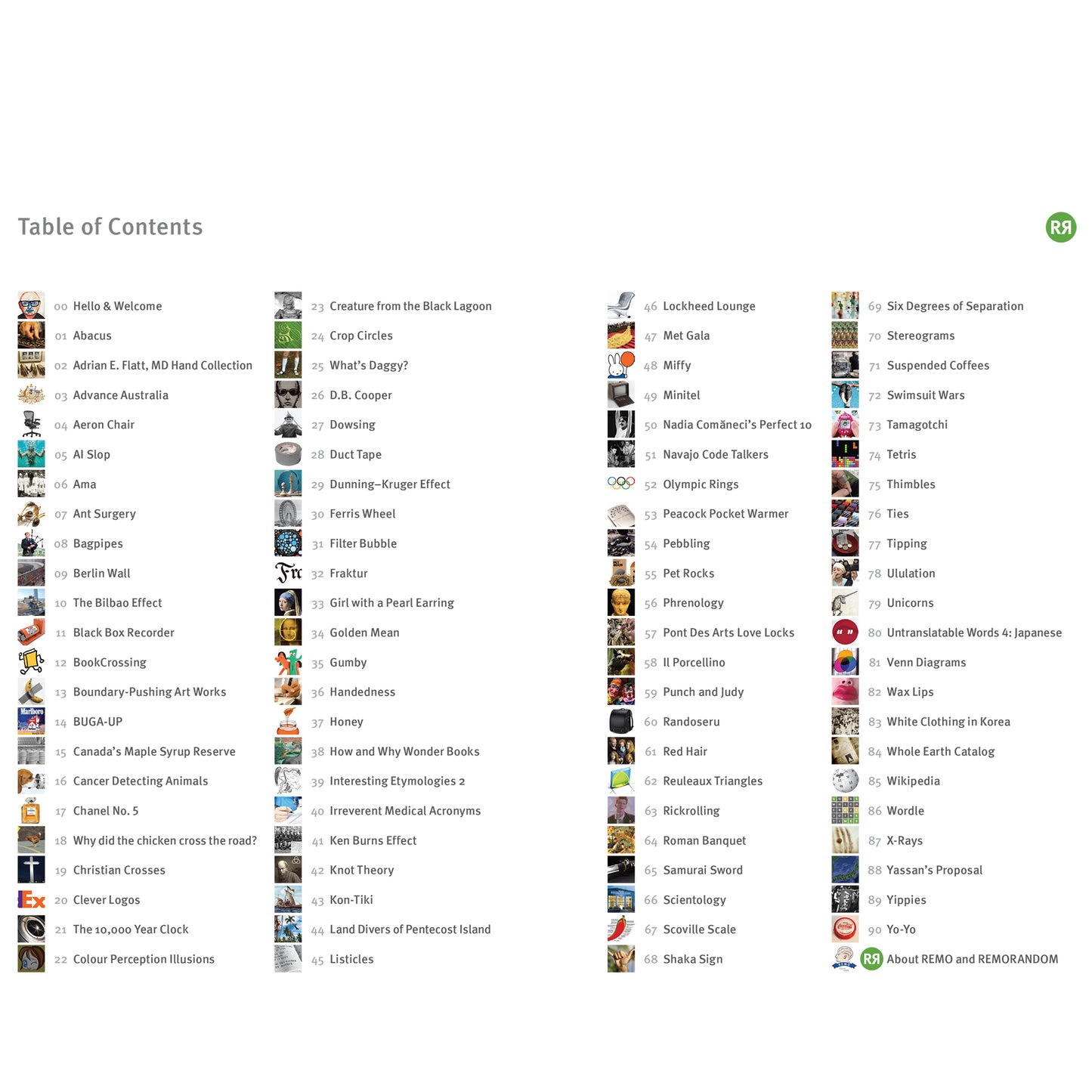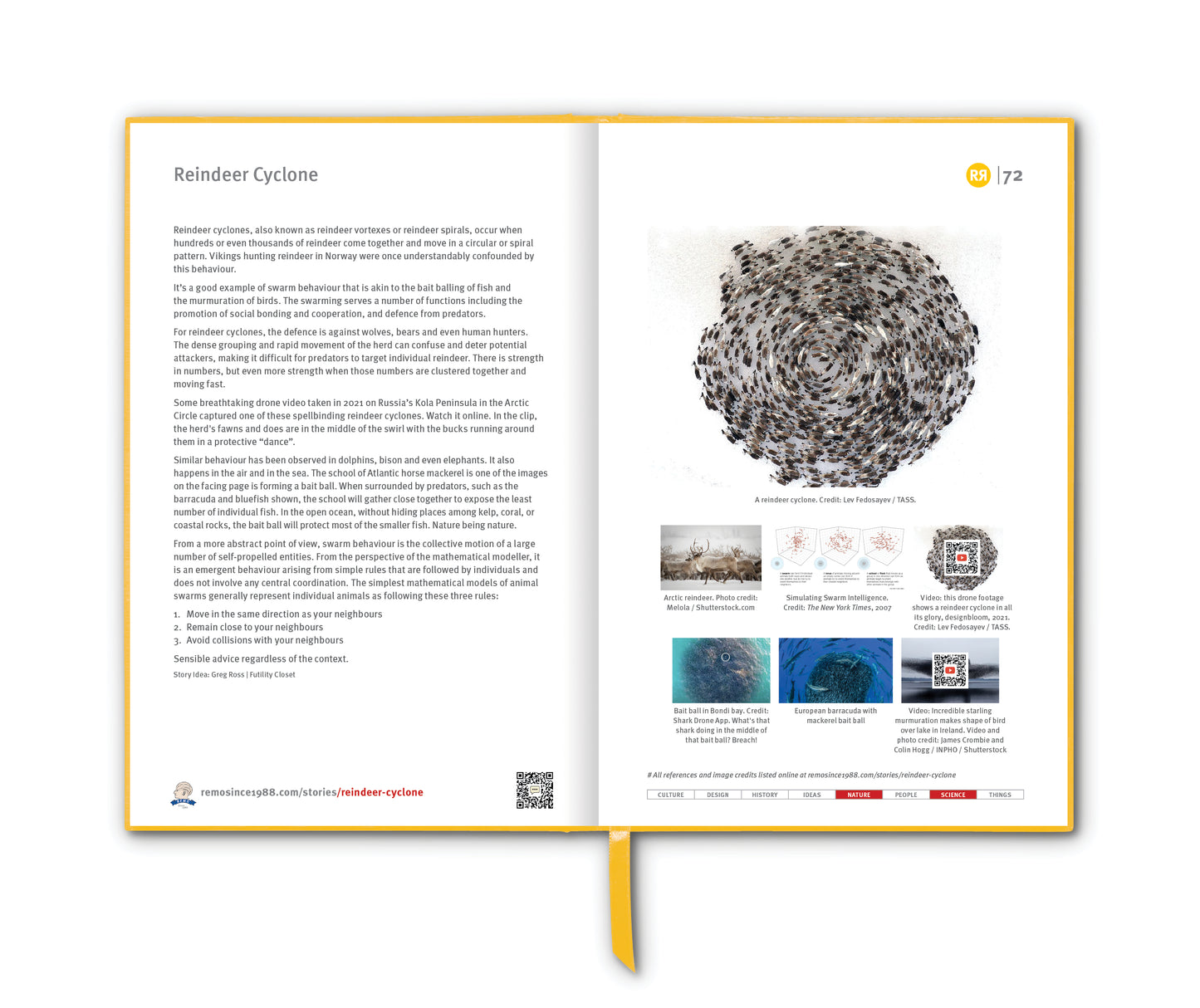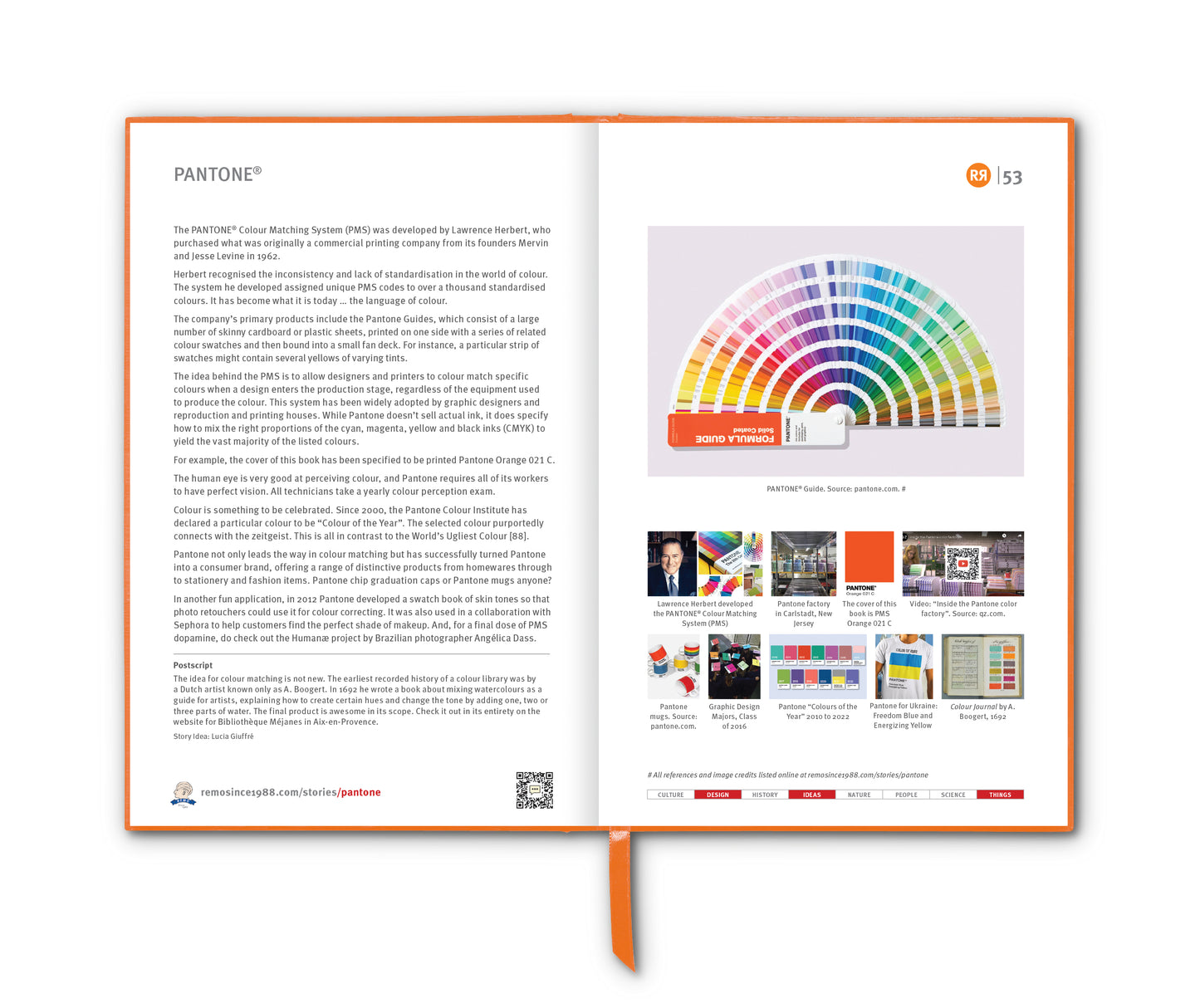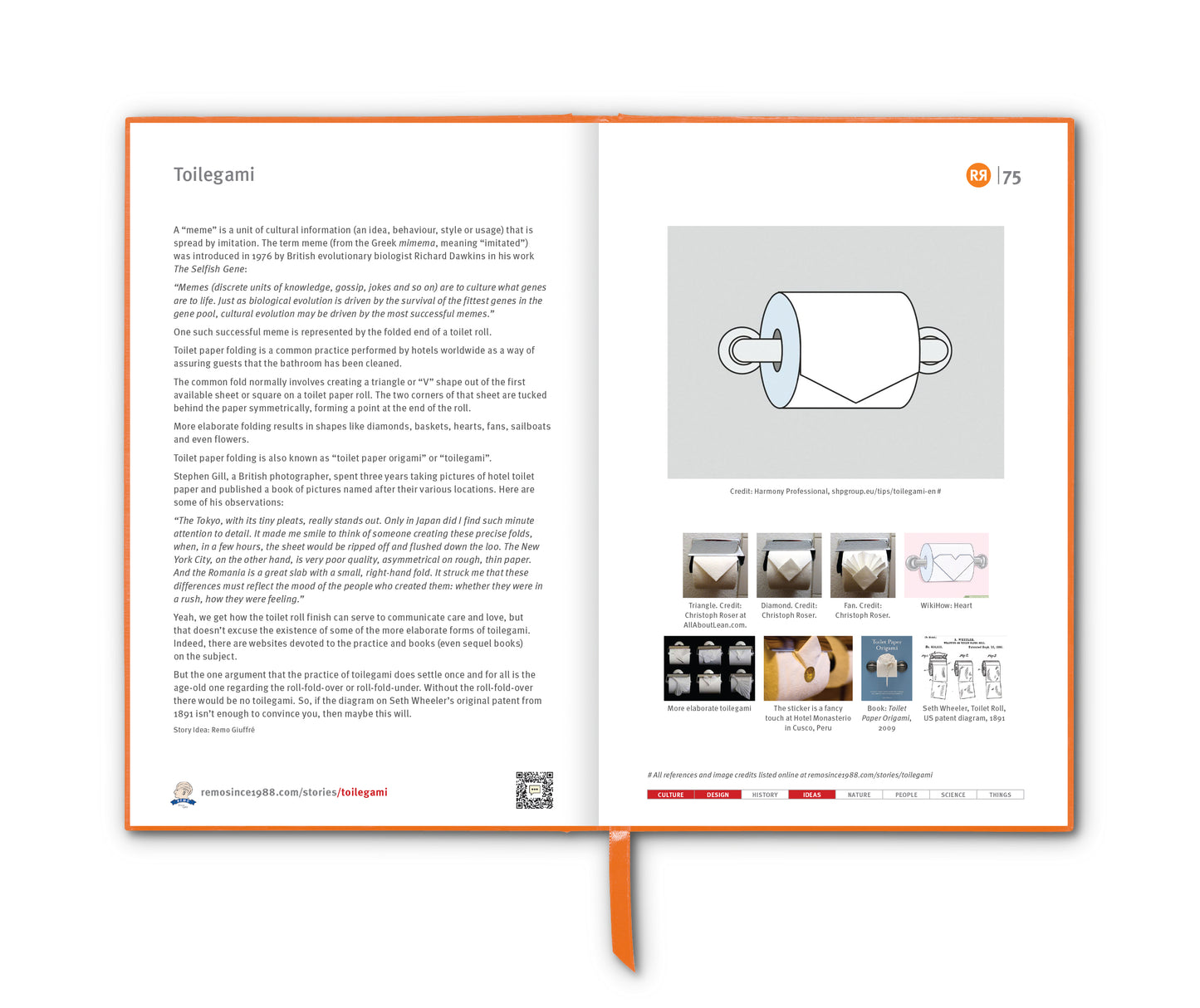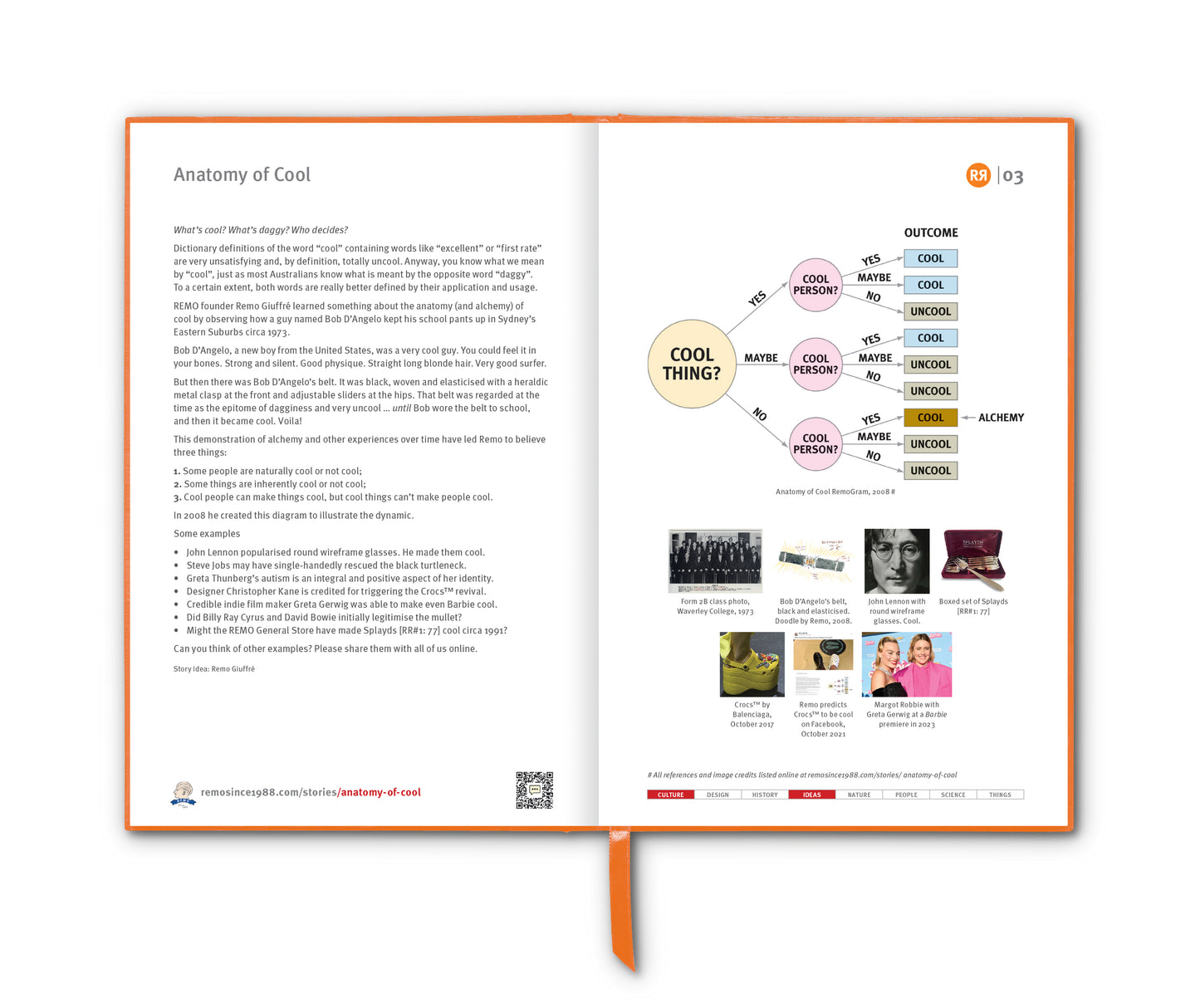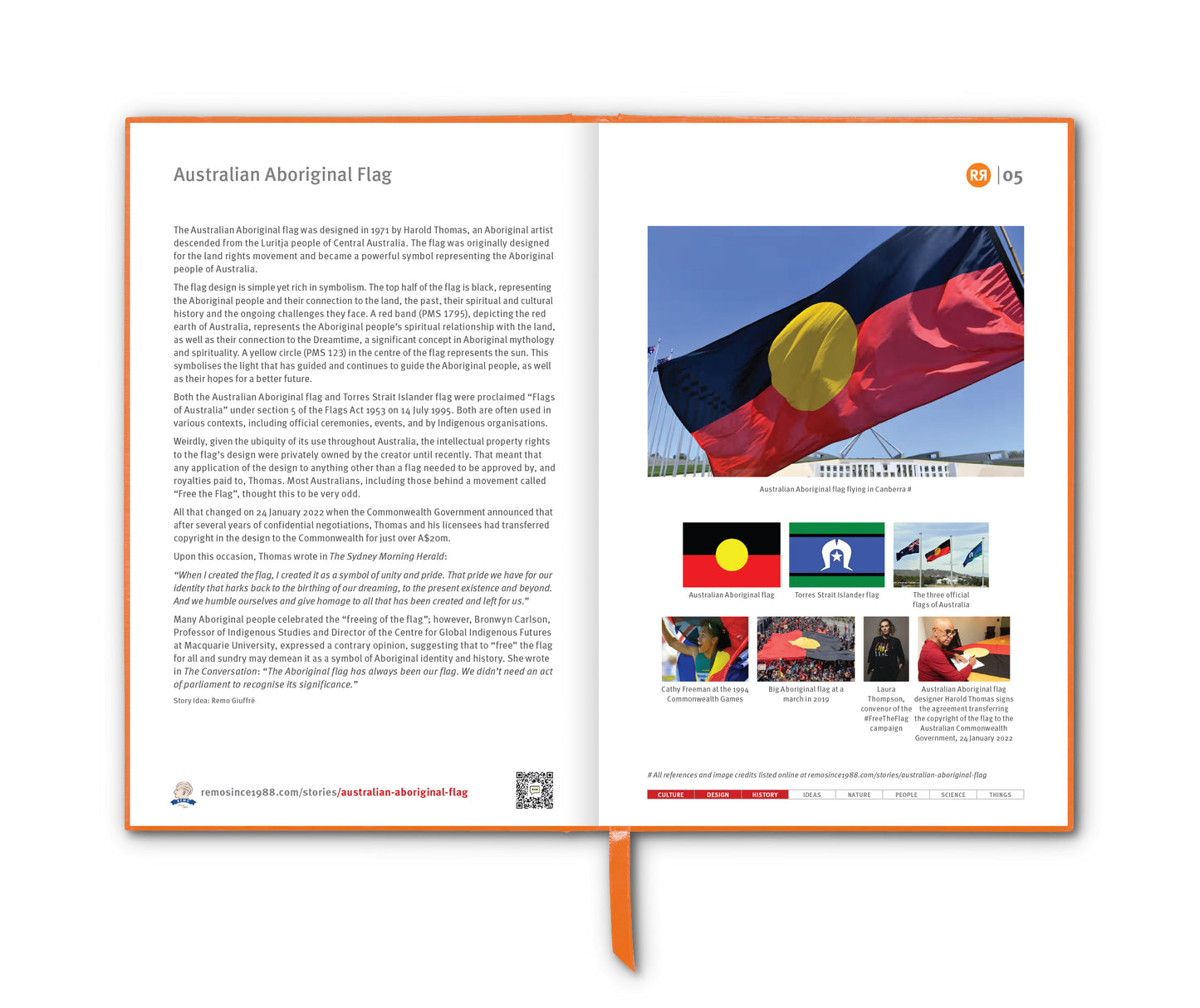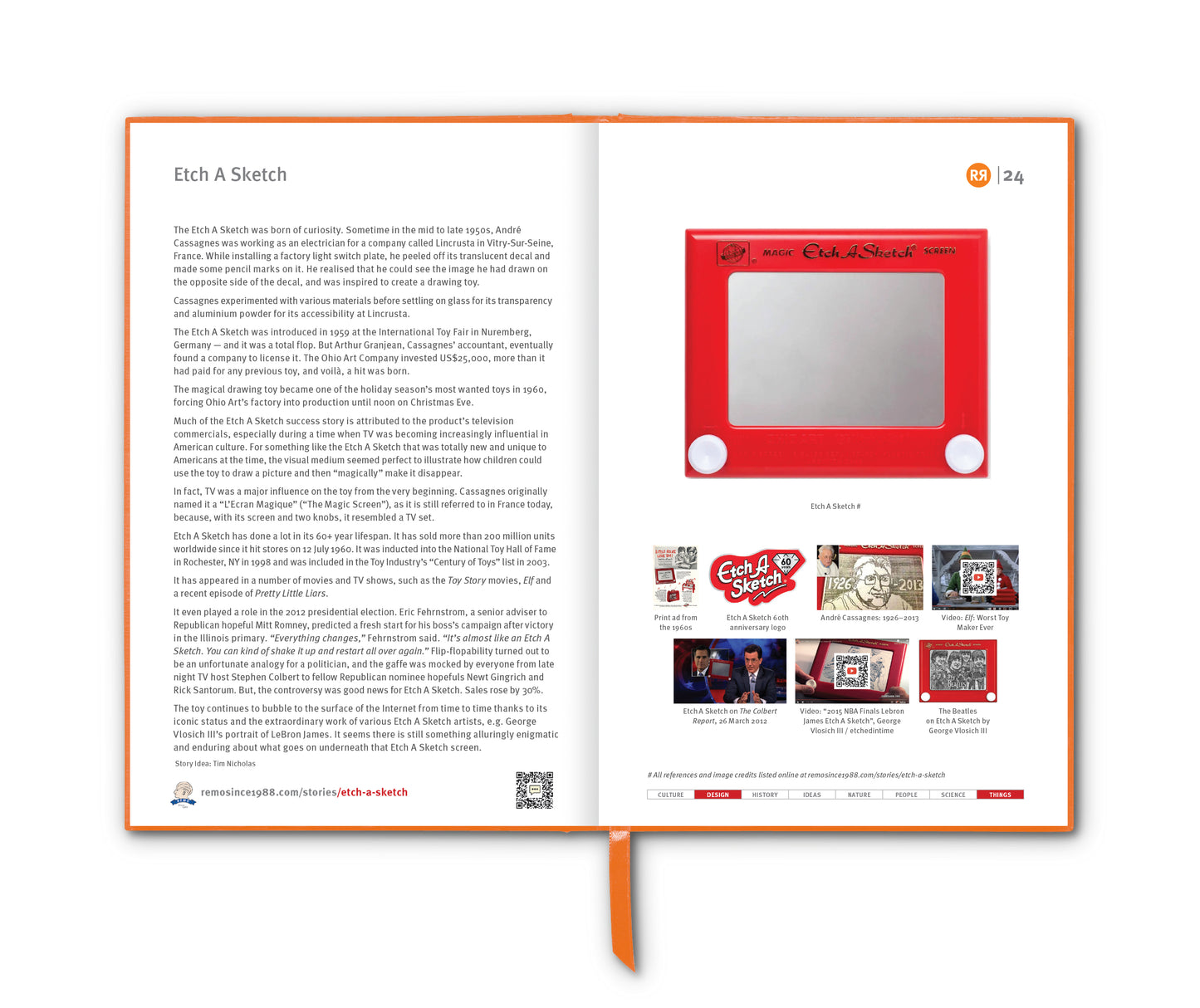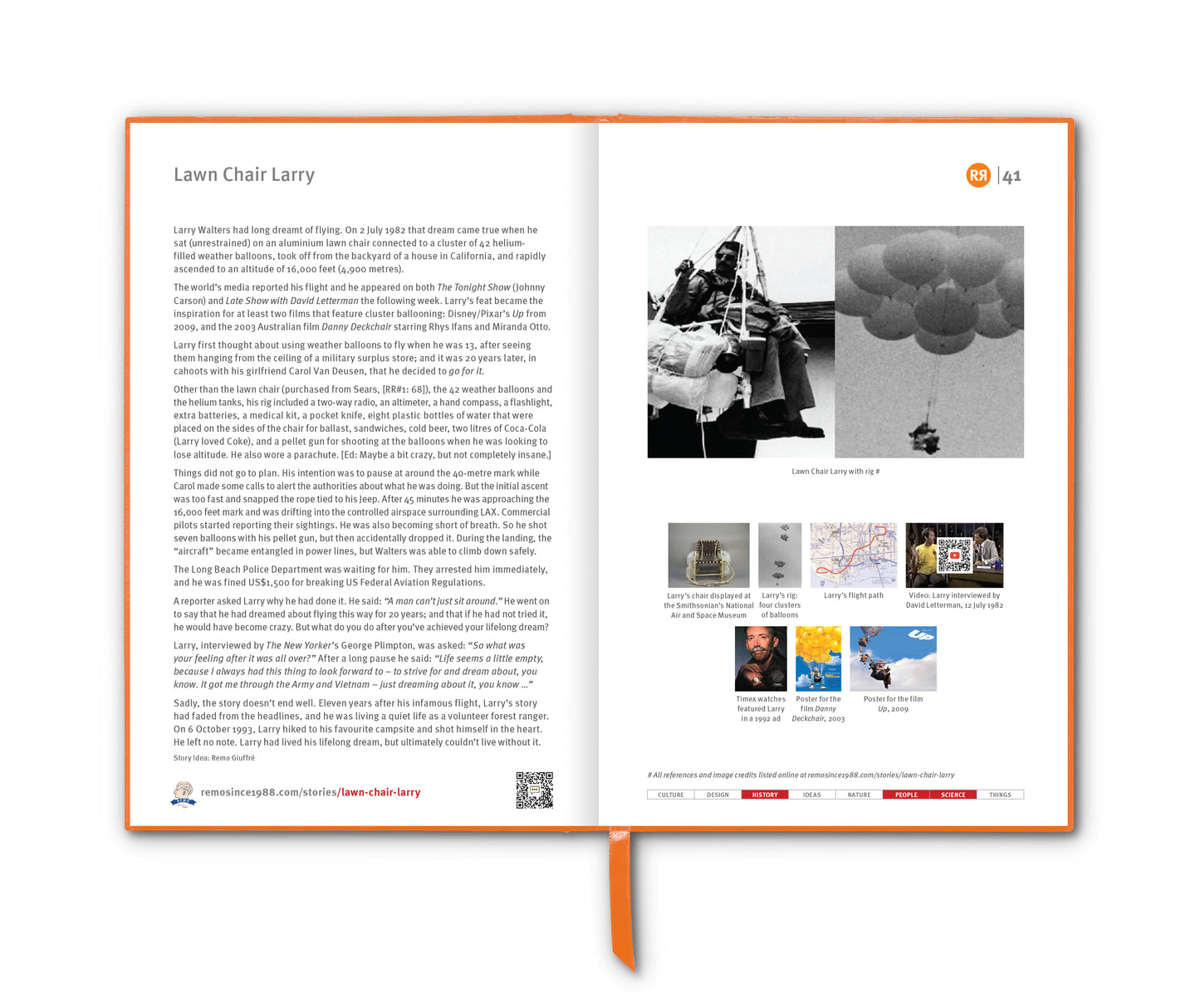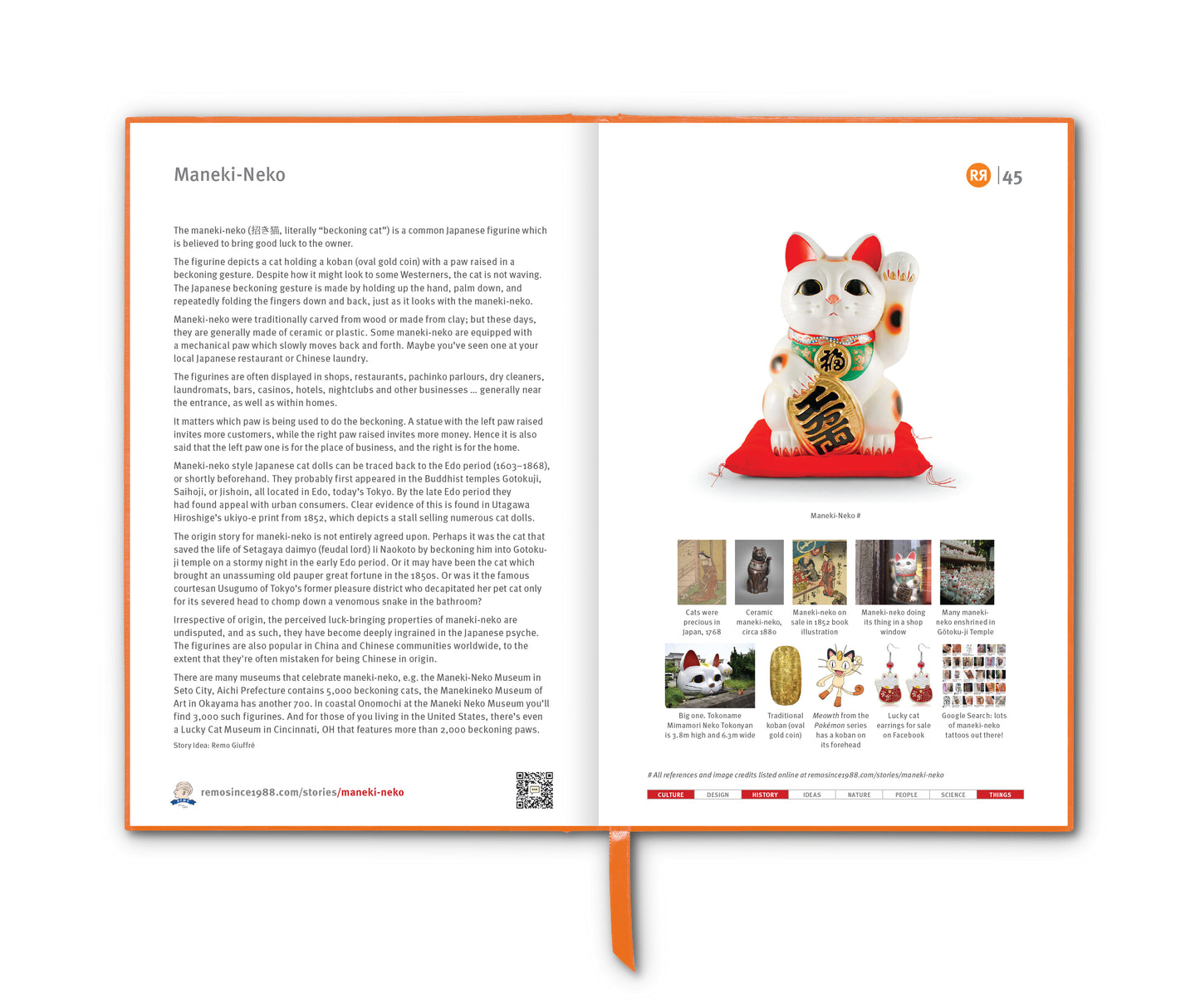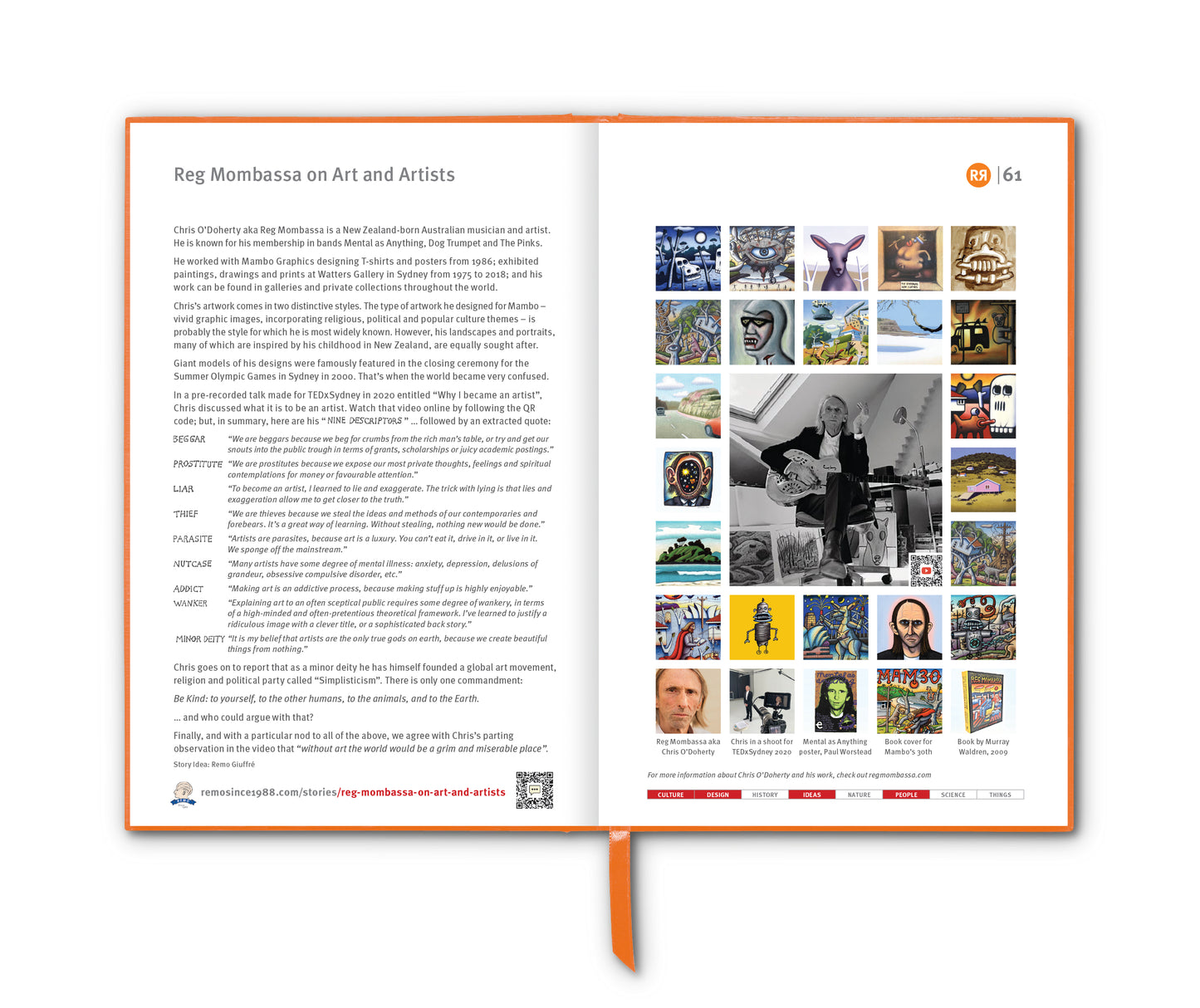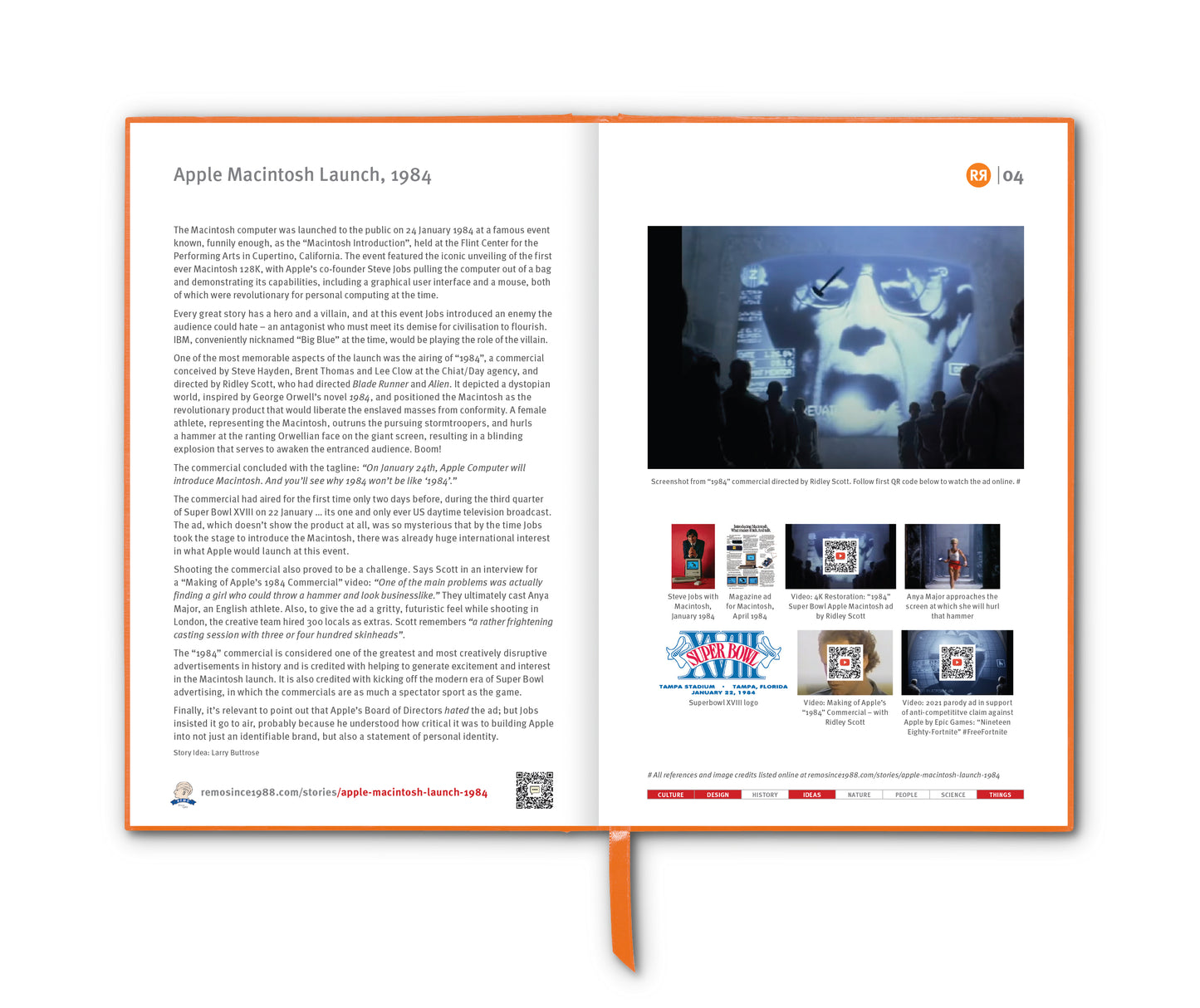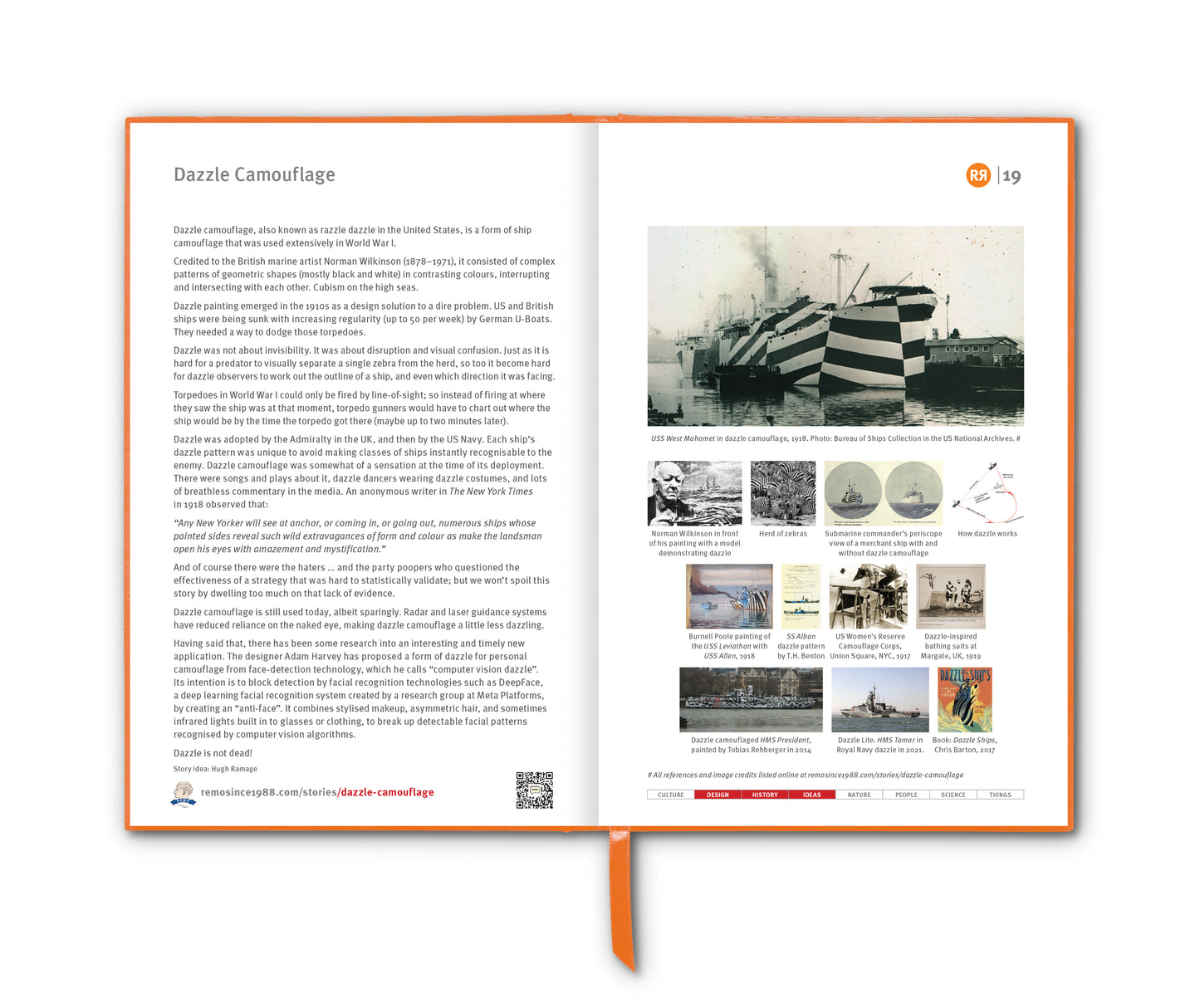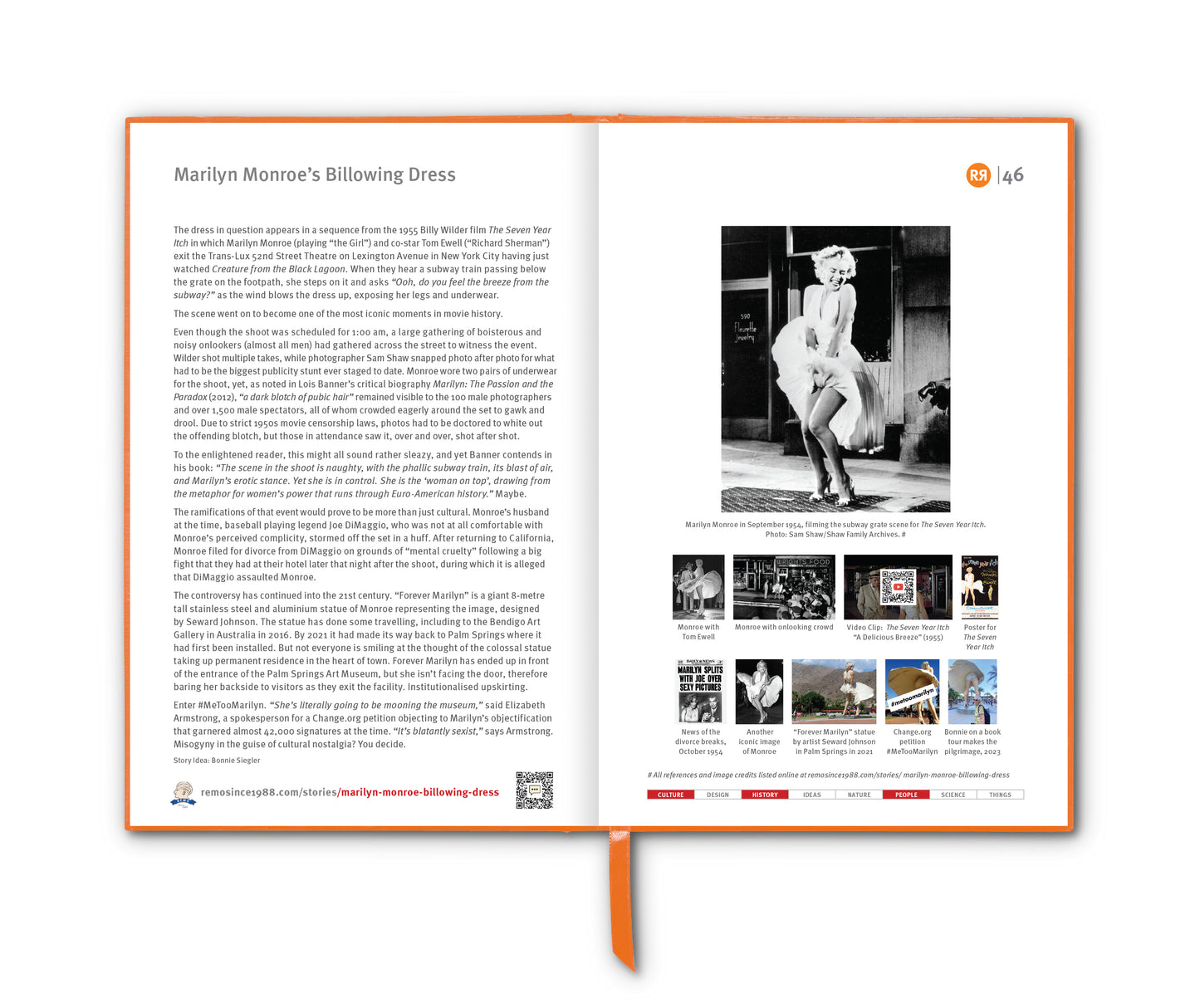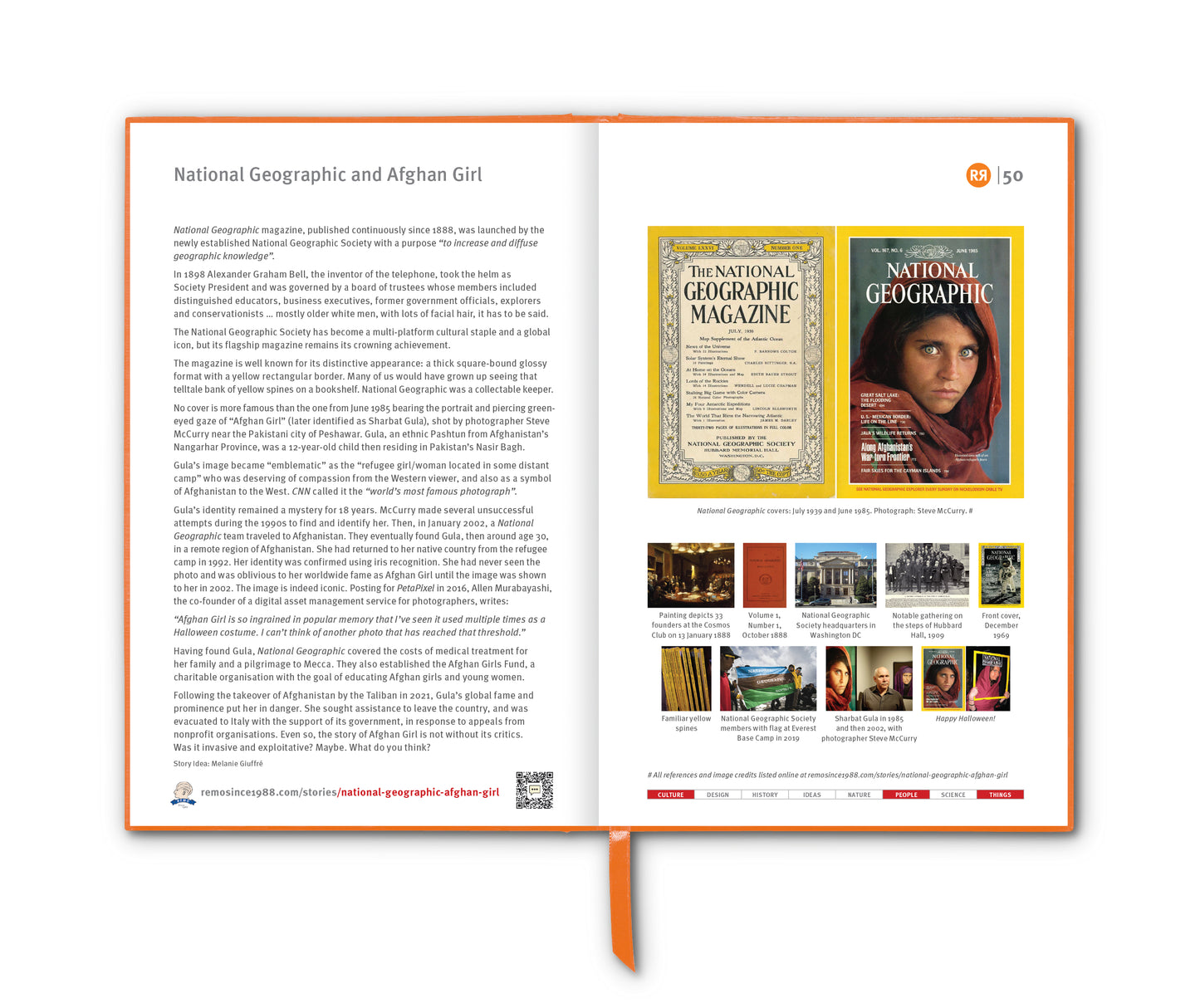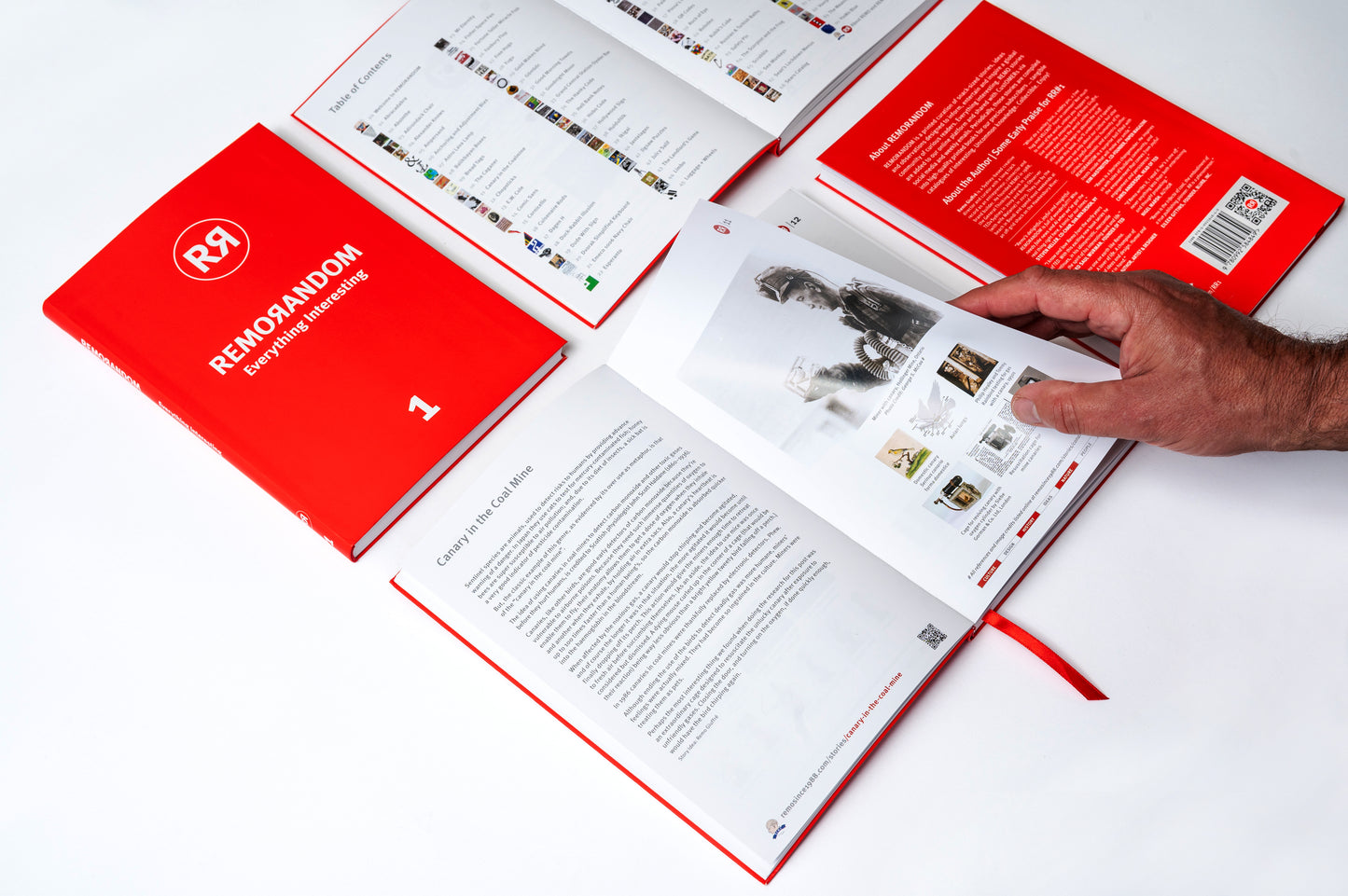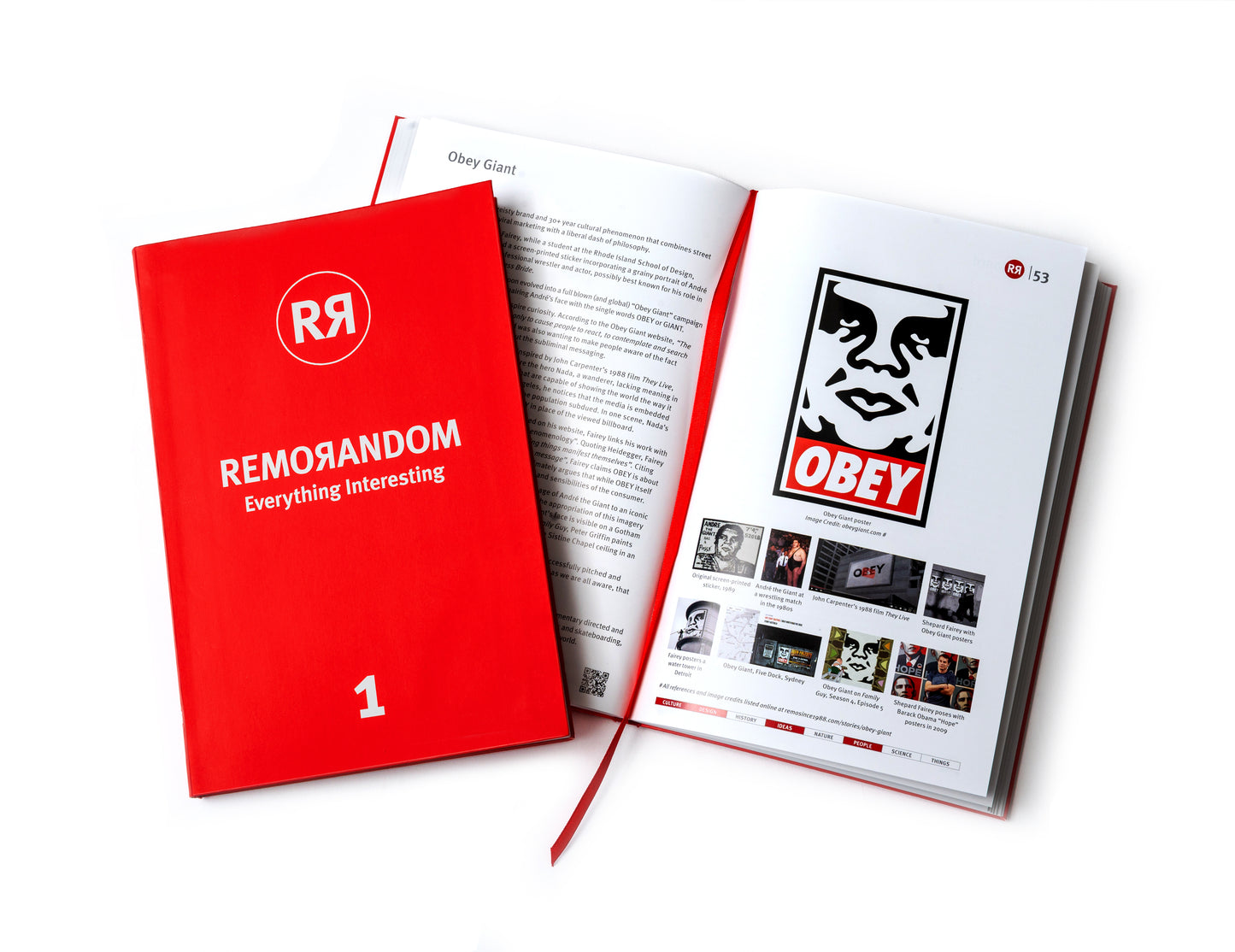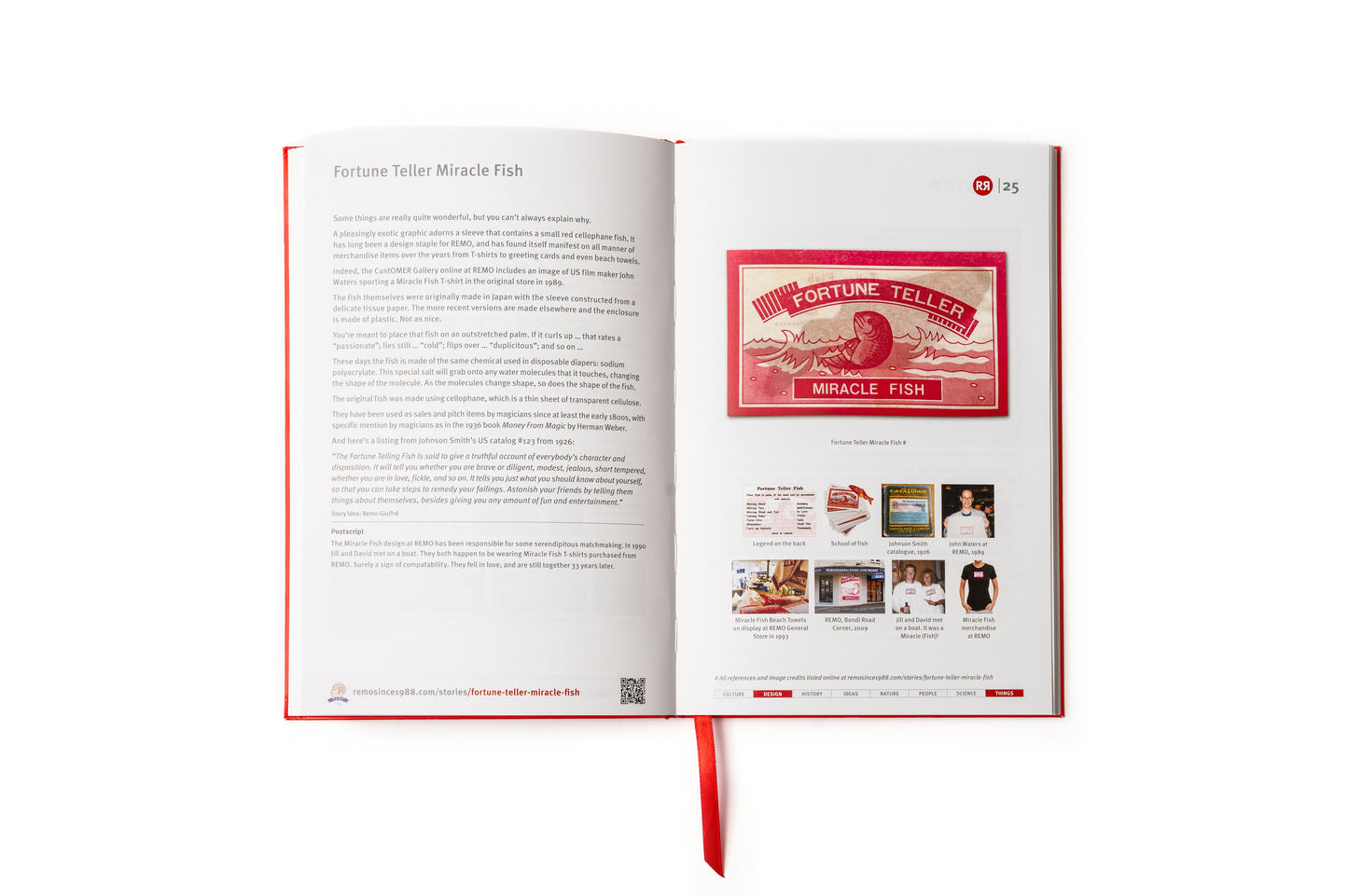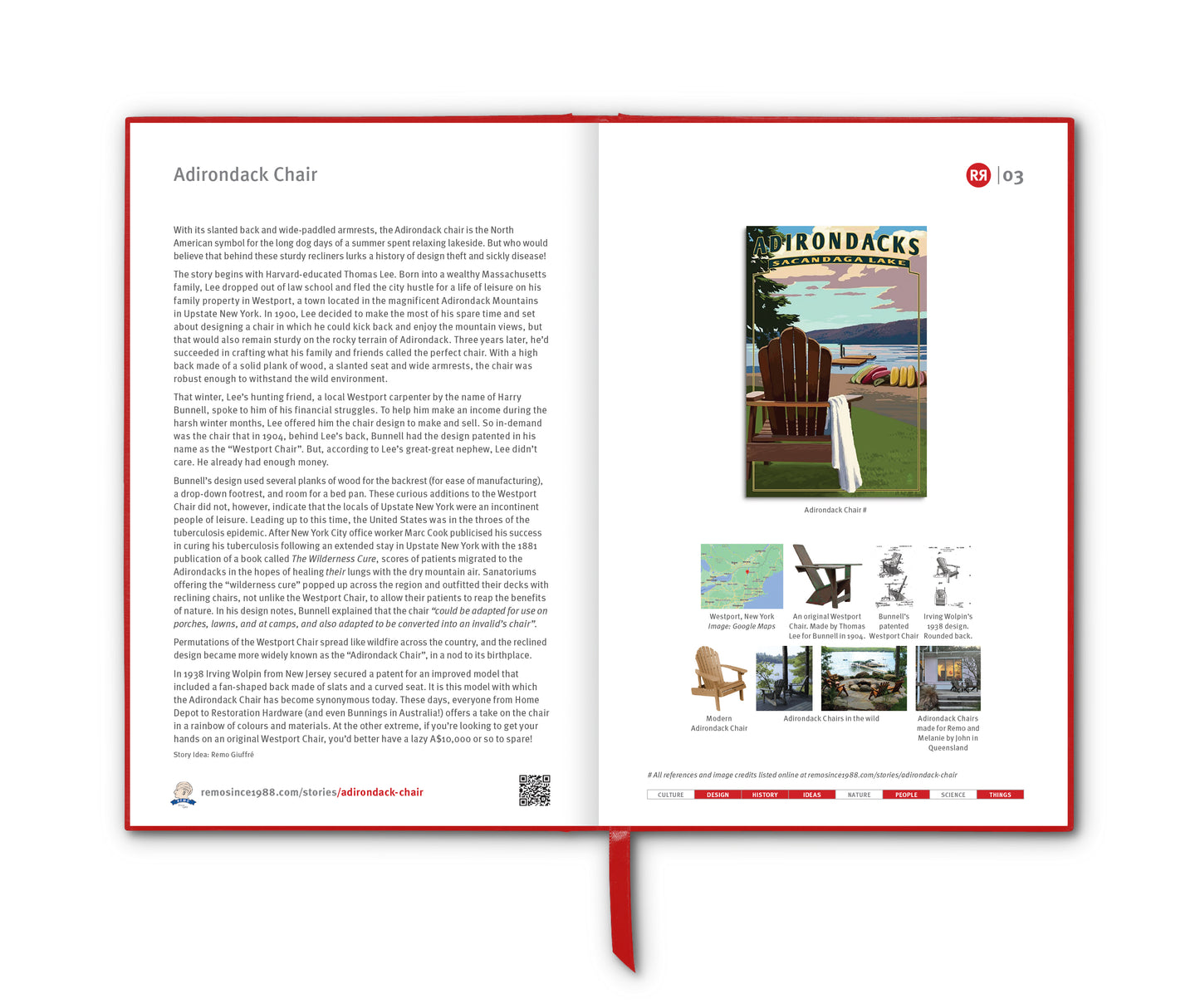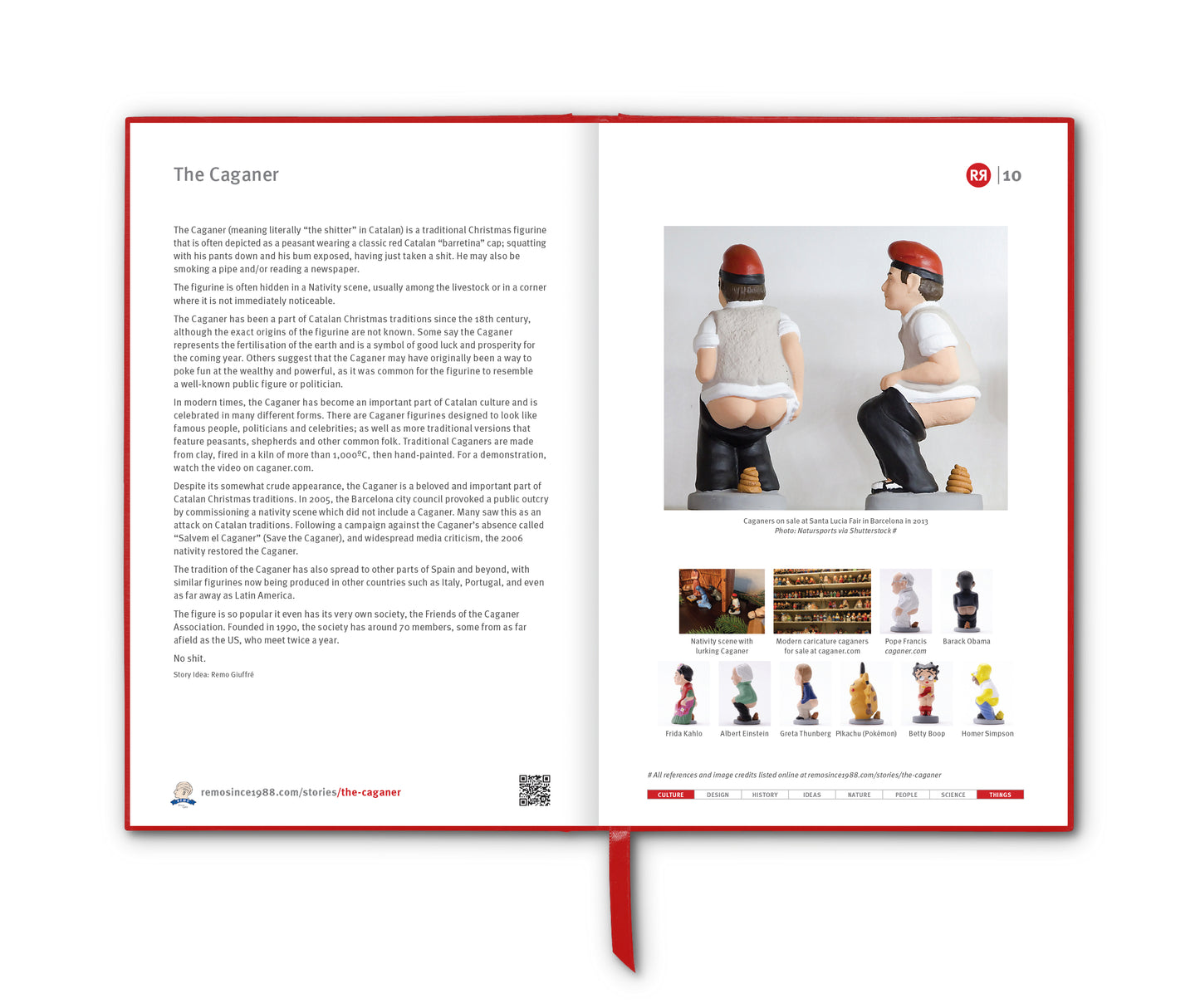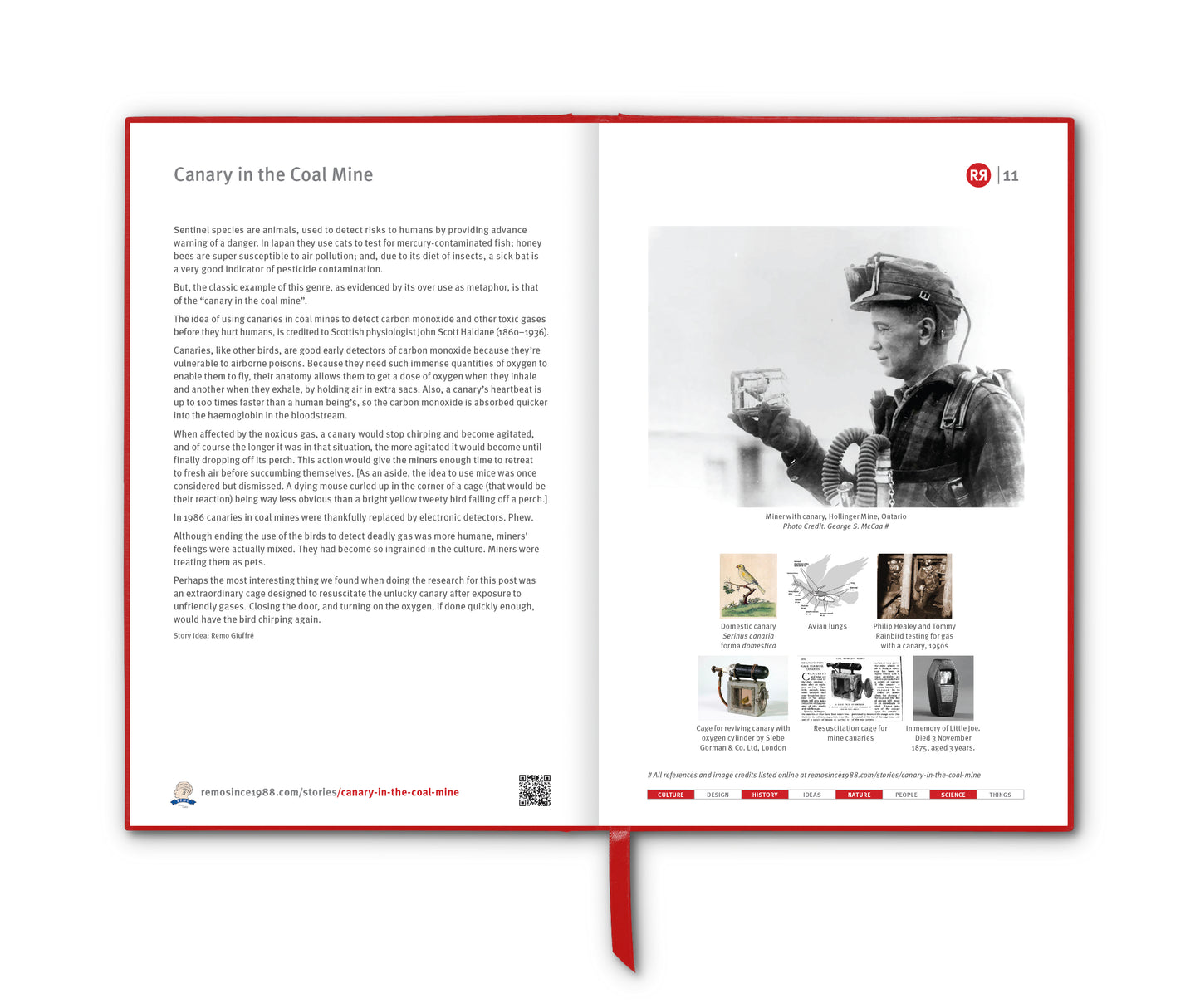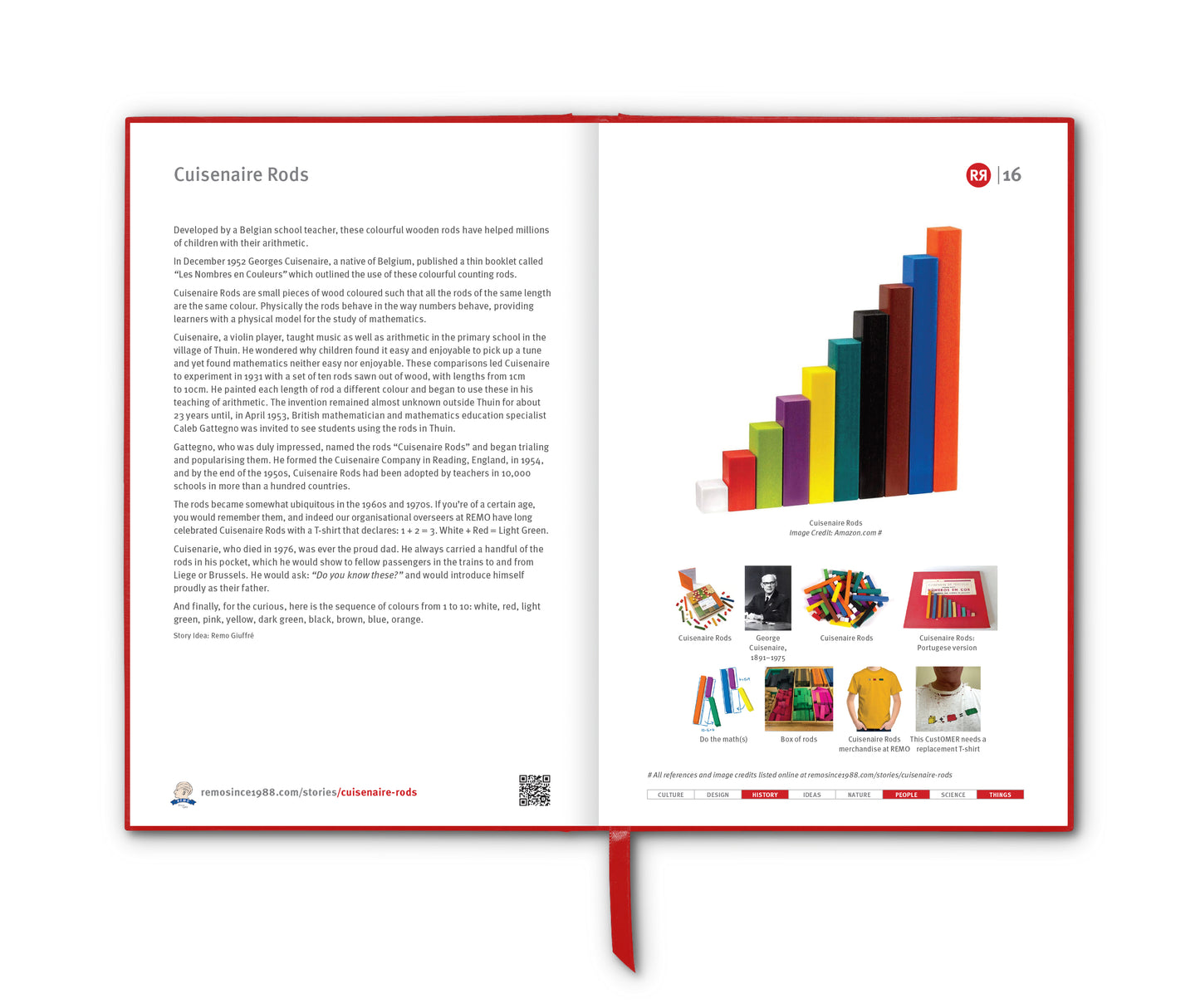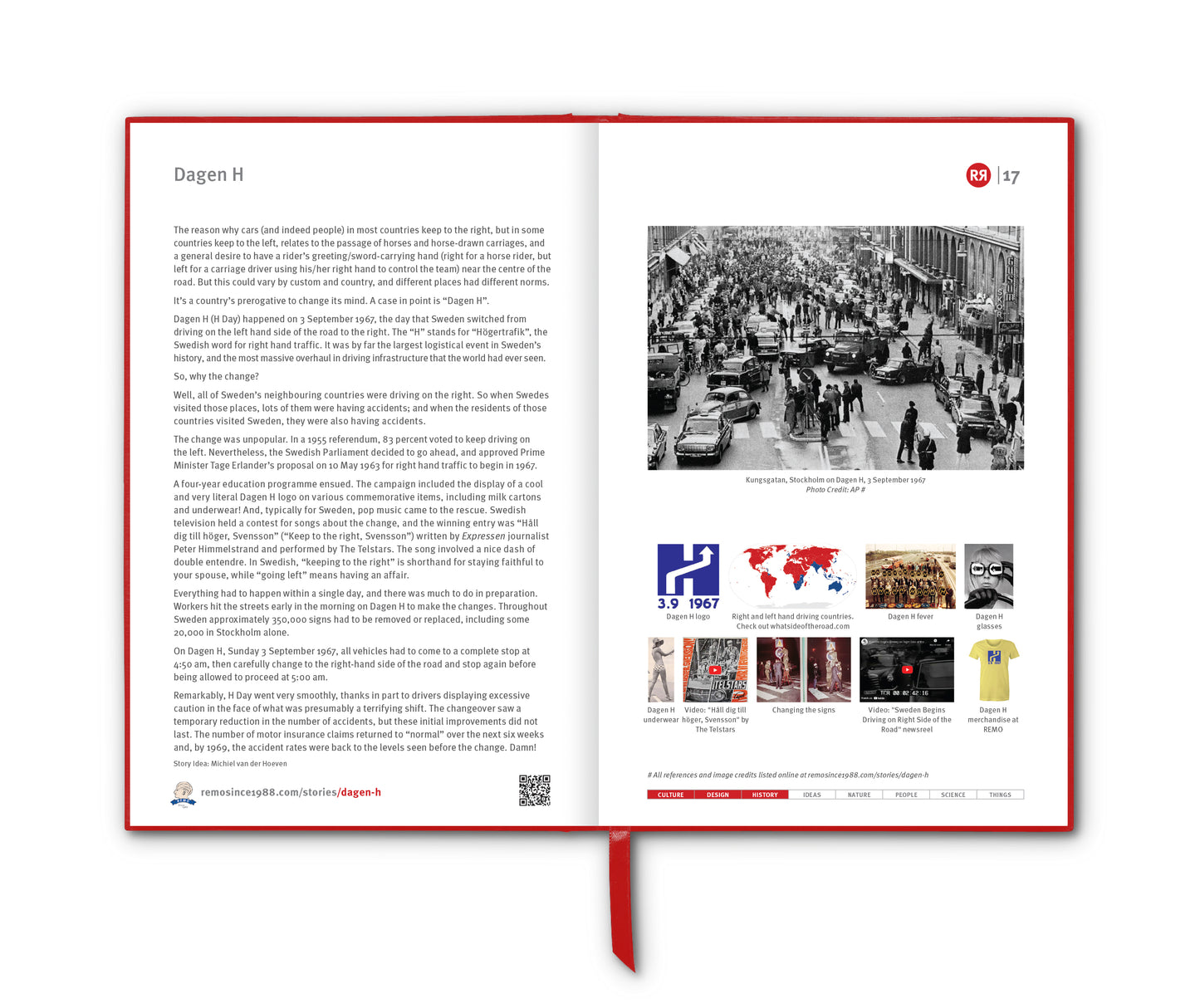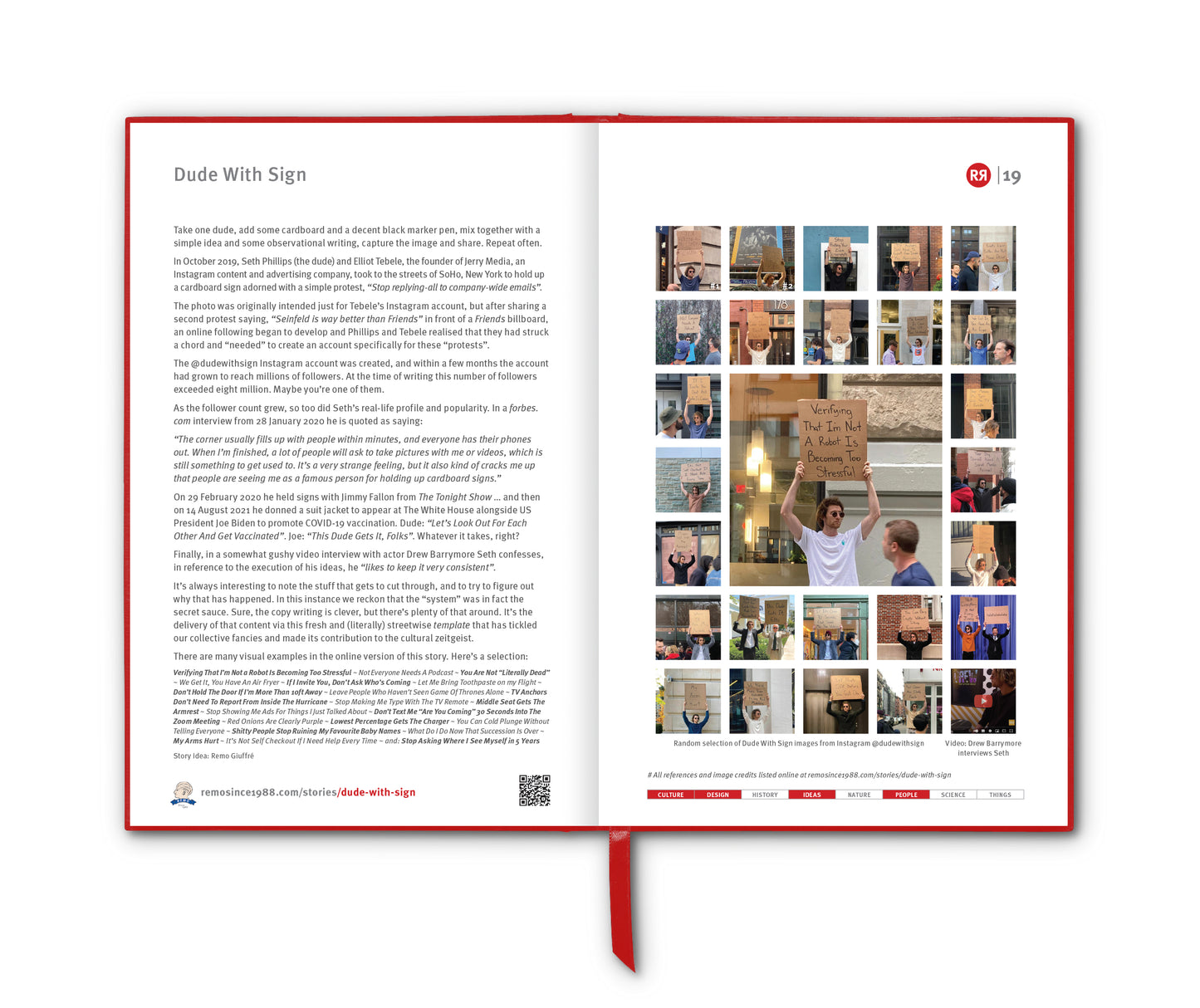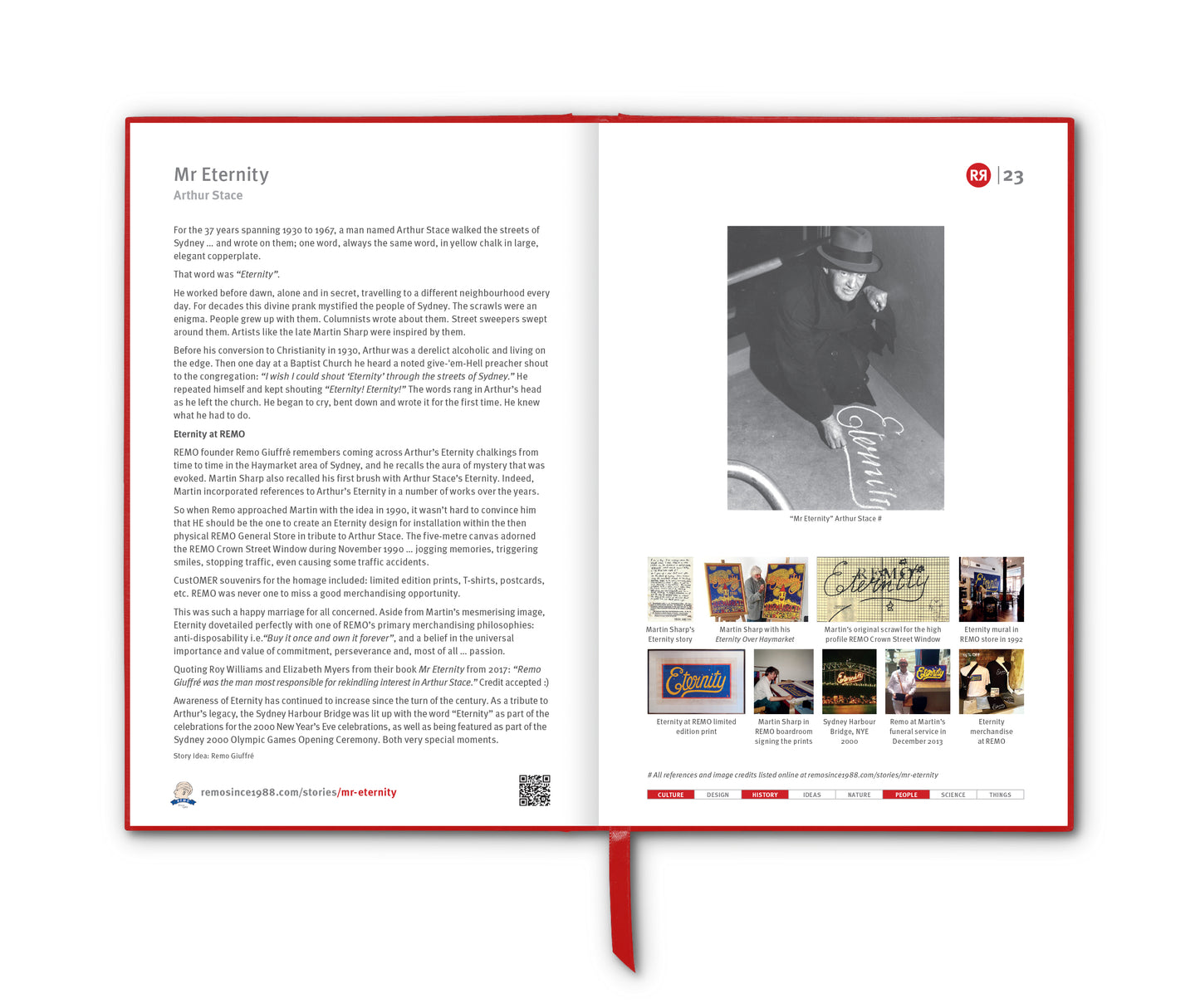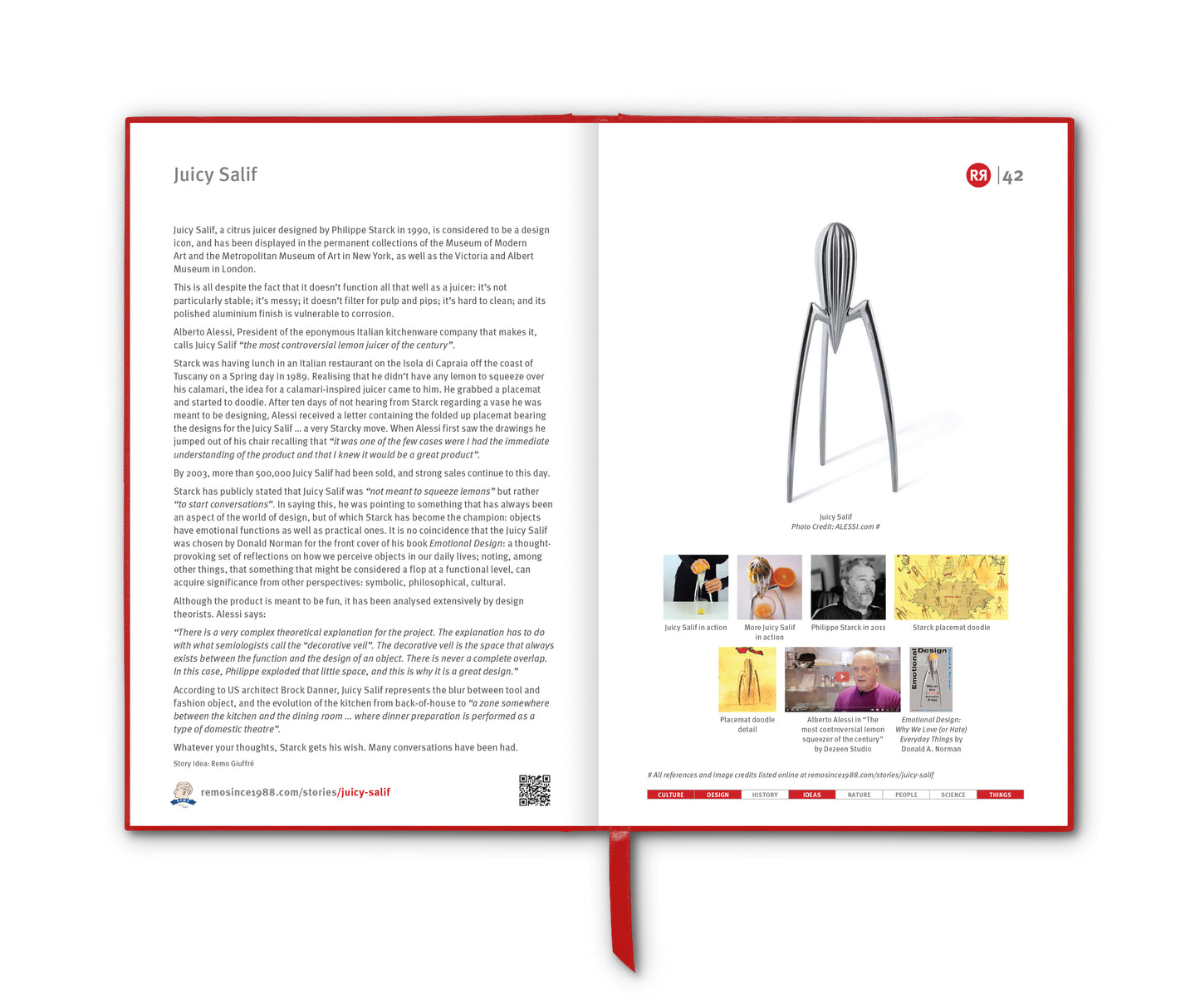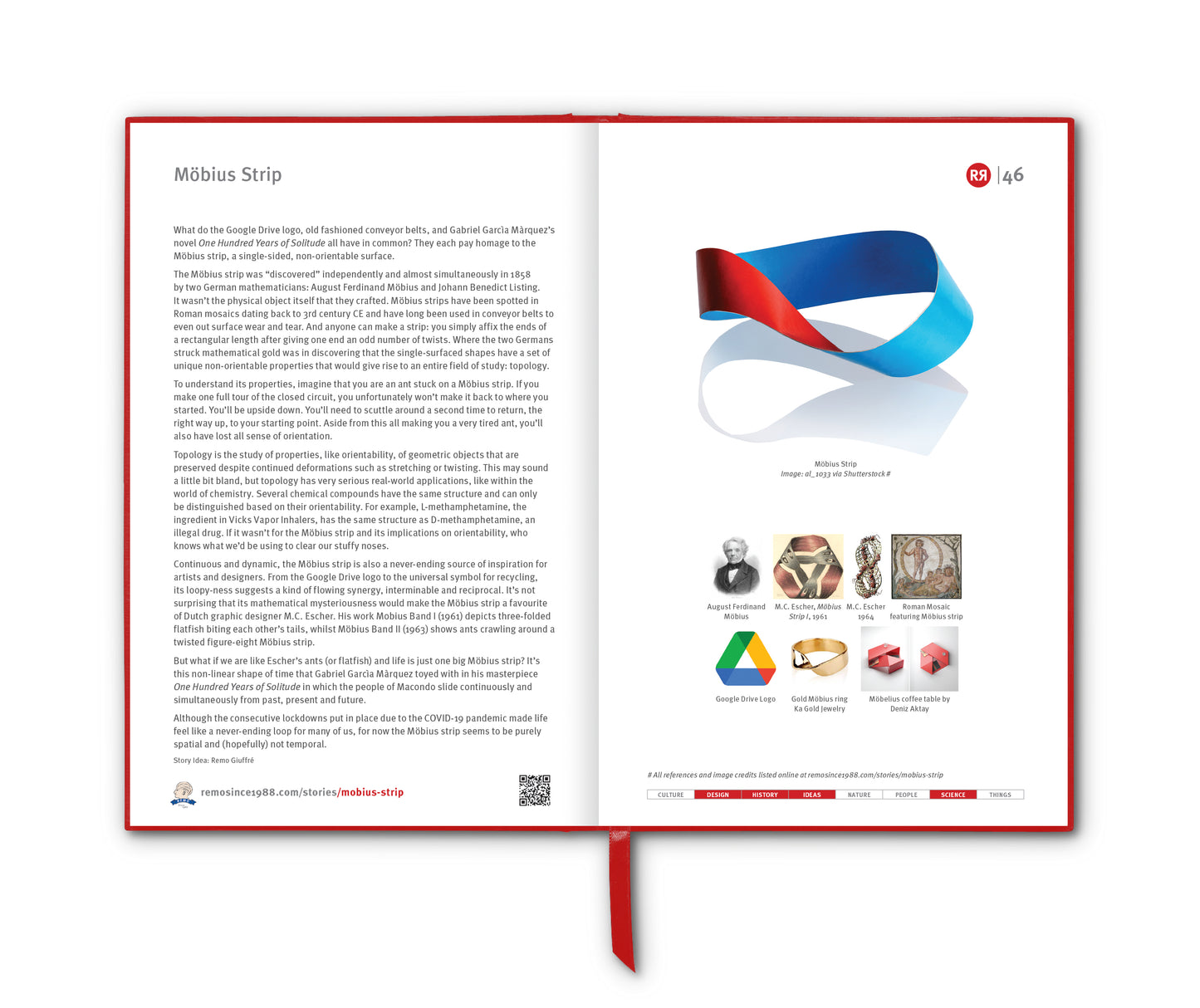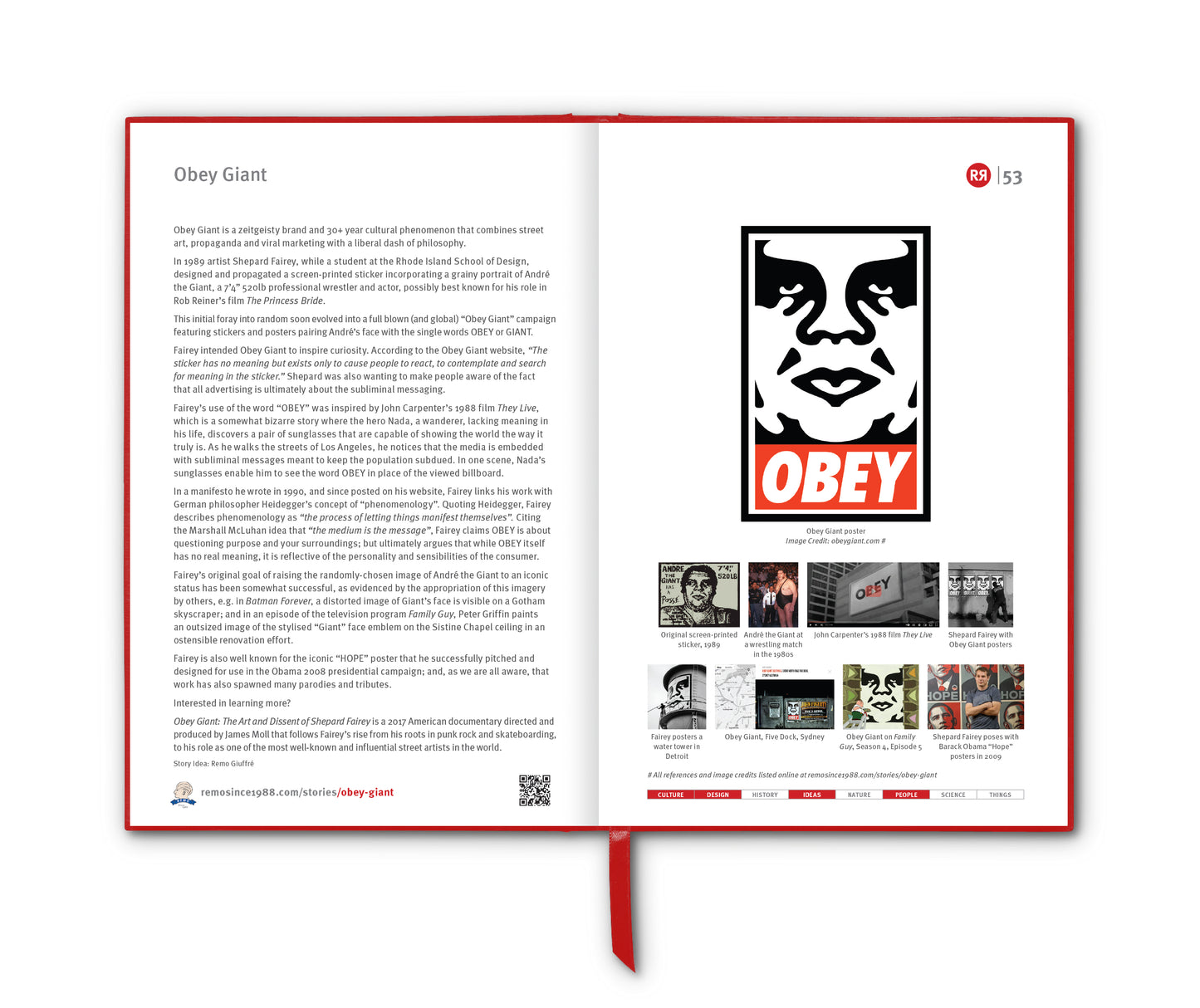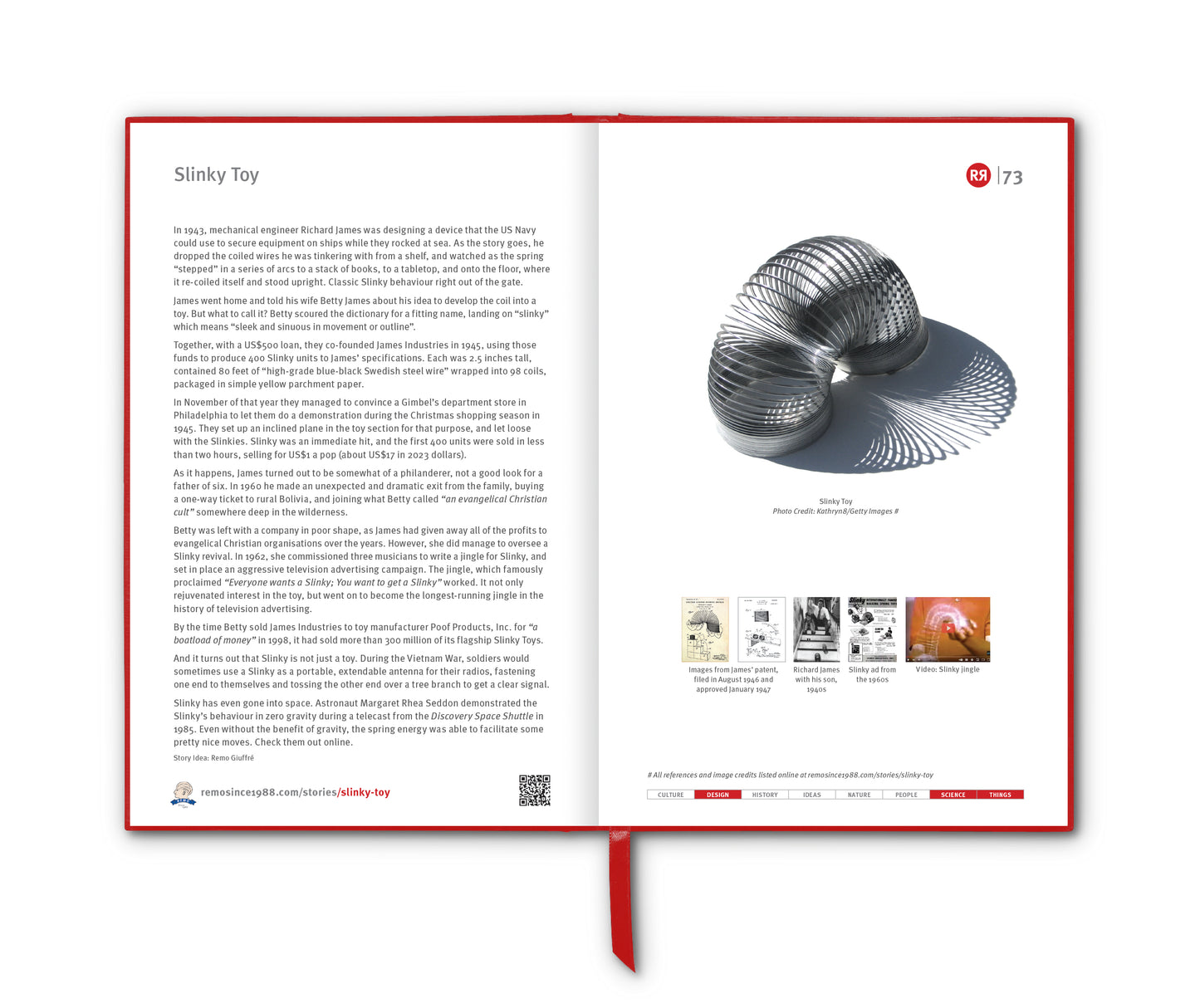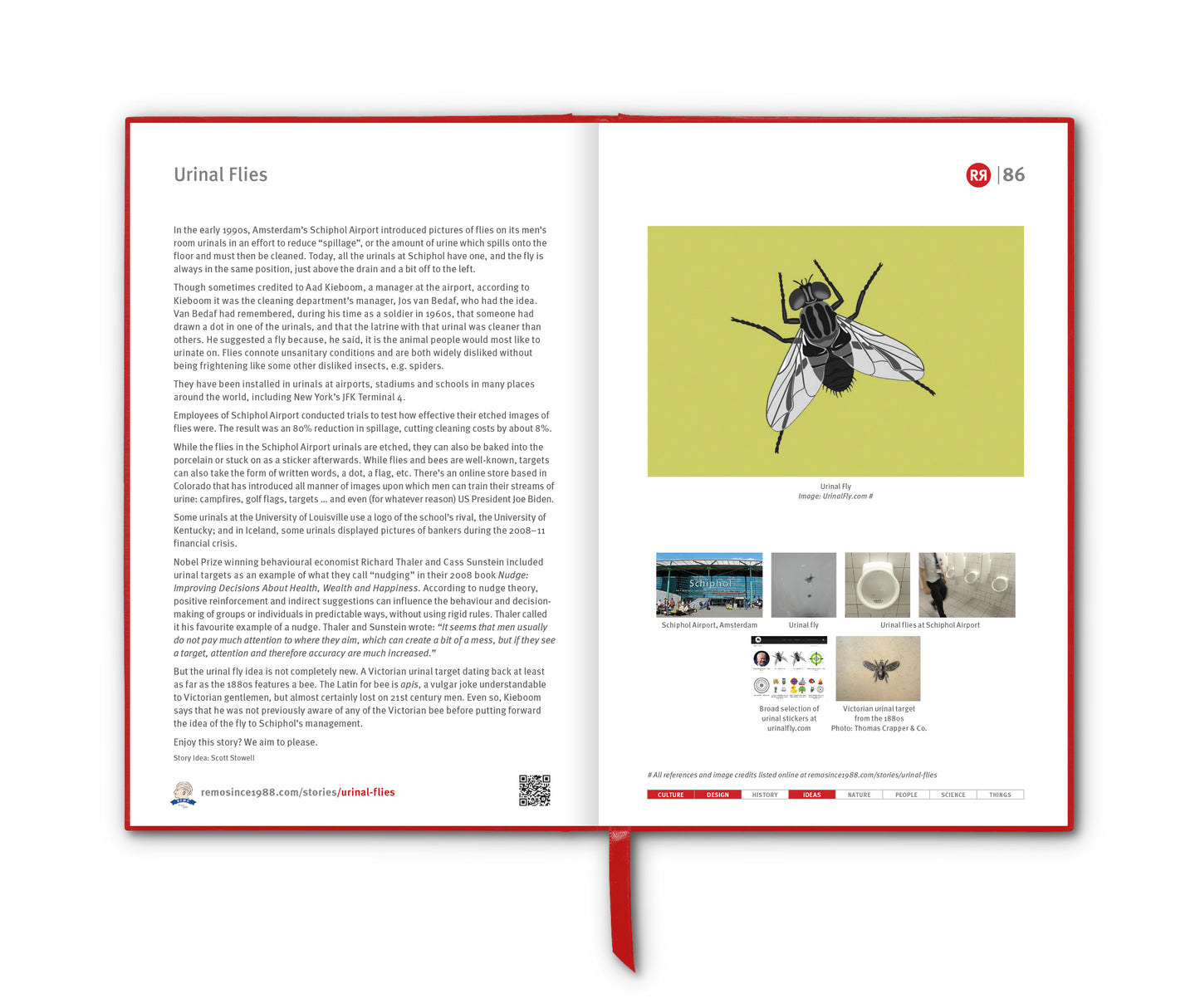Guinness World Records, known previously from its inception in 1955 until 1999 as The Guinness Book of Records, was a promotional stunt that became an international phenomenon.
On 10 November 1951, Sir Hugh Beaver, then the managing director of the Guinness Breweries, went on a shooting party in Ireland. After missing a shot at a golden plover, he became involved in an argument over which was the fastest game bird in Europe, the golden plover or the red grouse (as an aside, the plover is faster, but neither is the fastest game bird in Europe). That evening he realised that it was impossible to confirm in reference books whether or not the golden plover was Europe's fastest game bird.
Beaver figured that there must have been numerous other questions debated nightly among the punters in pubs, but there was no book in the world with which to settle arguments about records. He realised then that a book supplying the answers to this sort of question might prove successful.
Beaver's idea became reality when Guinness employee Christopher Chataway recommended university friends Norris and Ross McWhirter, who had been running a fact-finding agency in London. The twin brothers were commissioned to compile what became The Guinness Book of (Superlatives and now) Records, in August 1954. After more than 13 90-hour weeks, the editors finally published the first ever Guinness Book of Records on 27 August 1955. A thousand copies were printed and left on tables in pubs.
The books were very popular. So much so, that they kept getting nicked. Beaver knew he was onto something. The first proper edition topped the bestseller list in the United Kingdom by Christmas 1955. The following year the book was launched internationally, and as of the 2024 edition, having sold over 100 million copies, it is now in its 69th year, published in 100 countries and 37 languages, with over 53,000 records in its database.
Today, Guinness World Records is a global brand, with offices in London, New York, Beijing, Tokyo and Dubai. The franchise has extended beyond print to include museums and television series. The popularity of the franchise has resulted in Guinness World Records becoming the primary international source for cataloguing and verification of a huge number of world records; although since 2008, Guinness World Records has been criticised for inventing obscure new world records as publicity stunts for companies and individuals.
The way it works is that would-be record breakers pay fees to Guinness World Records ranging from US$12,000 to US$500,000 to be provided with official advisors, adjudicators, and help in finding good records to break as well as suggestions for how to do it. This is blurring the distinction between content and advertisement, and may not augur well for the franchise in the longer term. But for now Guinness World Records it is still the go to brand associated with record-breaking, amazing feats and the incredible.
Story Idea: Eileen Gittins
__________________________
References
wikipedia.org/wiki/Guinness_World_Records
guinnessworldrecords.com/about-us/our-story
smithsonianmag.com/arts-culture/guinness-book-world-records-promotional-stunt-became-international-phenomenon
Images
1. The first edition of The Guinness Book of Records had a waterproof cover to protect it from pub spills. Image credit: Guinness World Records.
2. Sir Hugh Eyre Campbell Beaver
3. European Golden Plover Pluvialis Apricaria
4. Glass of Guinness stout
5. Sample spread from the first edition of The Guinness Book of Records
6. Norris McWhirter with his twin brother Ross, 1977
7. At 2.72 metres (8 feet 11 inches), Robert Wadlow was the tallest man in human history to have his height medically validated. His extreme height was due to malfunction of the pituitary gland, causing excess growth hormone, and treatment was unavailable in his time. Born in 1918, he died at the age of 22 from an ankle infection.
8. Guinness Museum in Hollywood
9. Guinness World Records, 2024 edition





























